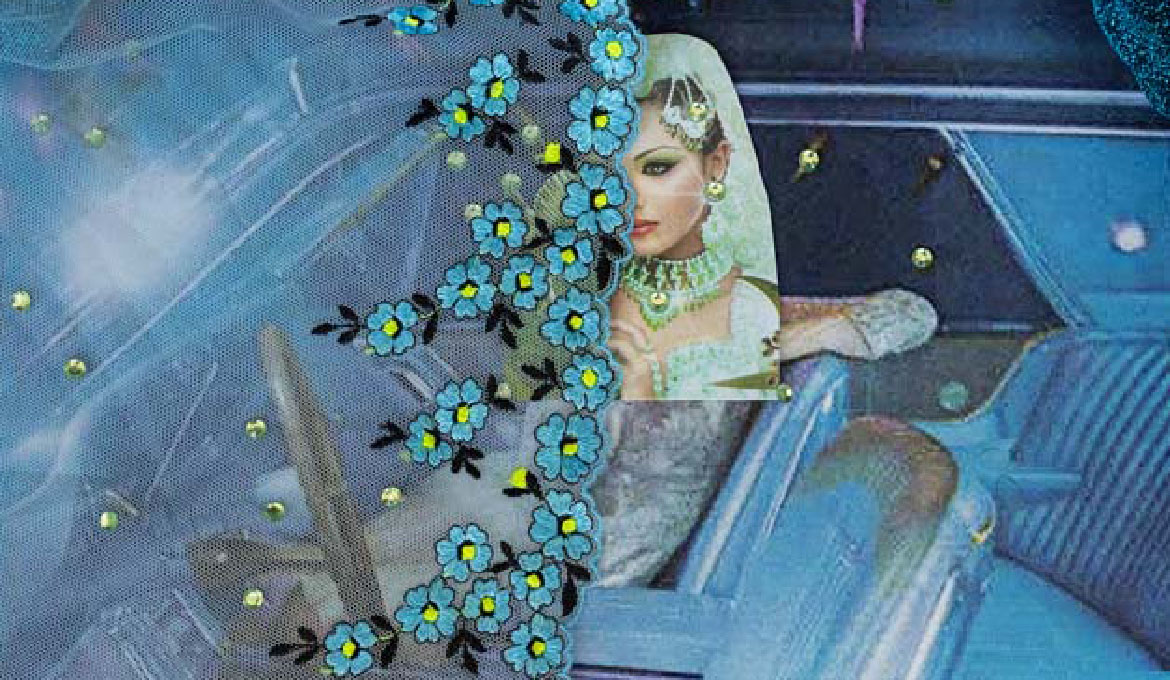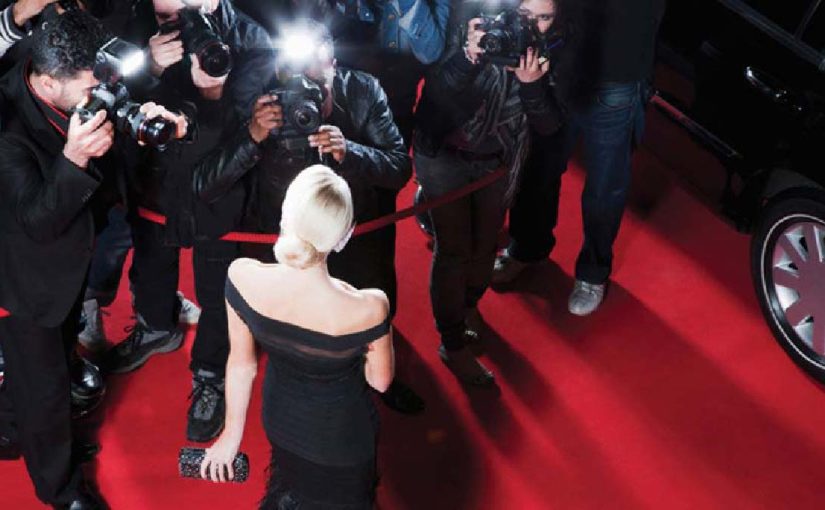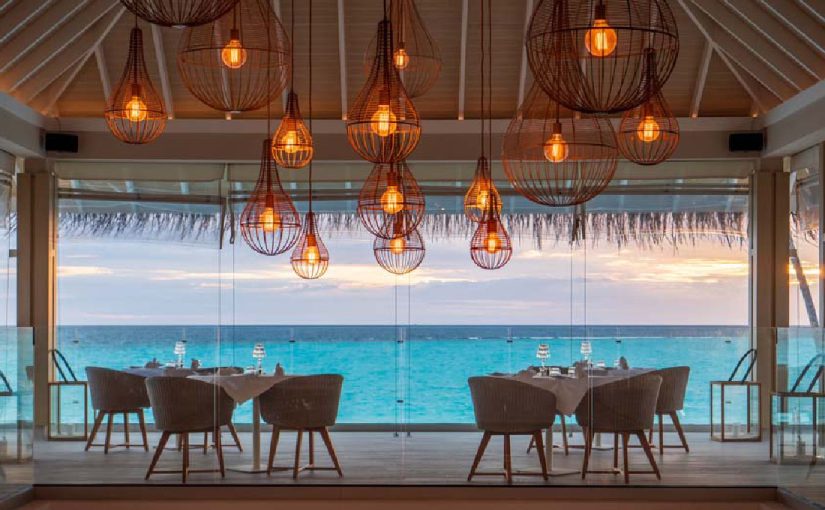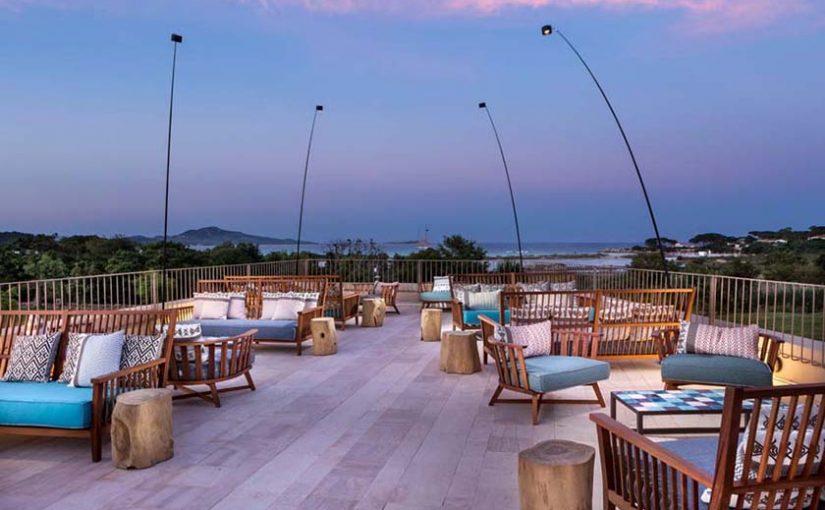WINNER OF THE SEVENTH EDITION OF THE MAST PHOTOGRAPHY GRANT ON INDUSTRY AND WORK 2023 ANNOUNCED
Hicham Gardaf (Tangier, 1989)
Jury’s Special Mention to Lebohang Kganye (Johannesburg, 1990)
Fondazione MAST is delighted to present the works of the five finalists of the seventh edition of “MAST Photography Grant on Industry and Work”, a photography competition on
industry and work dedicated to emerging talents: Farah Al Qasimi, Hicham Gardaf, Lebohang Kganye, Maria Mavropoulou, Salvatore Vitale.
These young photographers, selected from fifty-three candidates from all over the world,
have developed an original and unpublished project for the Fondazione MAST. The winner
has been announced: Hicham Gardaf (Tangier, 1989) with the project In Praise of
Slowness, has been selected by the Jury composed of Isabella Seràgnoli, François Hébel,
Milo Keller, Michael Mack, Simon Njami, Alona Pardo, Giovanna Silva, Urs Stahel, Francesco Zanot. The Jury’s Special Mention has been awarded to Lebohang Kganye.
The exhibition, curated by Urs Stahel and set up in the Photo Gallery, also features the
works of the twenty-four finalists of the previous editions, forming a large, multi-faceted
exhibition, a sort of tour of the world through images, to celebrate both the tenth
anniversary of MAST and the fifteen years of commitment to organising the Grant for young photographers (the first was awarded in 2008).
“Through the MAST Photography Grant on Industry and Work, Fondazione MAST offers
young photographers the opportunity to confront the issues related to the world of industry
and technology, to the systems of work and capital, to inventions, developments and the
universe of production, and often, their innovative and unseen before gaze, forces us to
confront incongruities, fractures, phenomena and perhaps even abysses that we had
previously neglected or tried not to see” Urs Stahel explains.
The five finalist projects address the changes that affect the rapid transformation of the
world of work and its essence: “When we talk about the industrial revolution – writes Urs
Stahel in the introductory text of the catalogue – we usually refer to a time frame that
affects the last 250 years, characterised by technical and technological development. (…) In
the last 250 years, however, the development of technology, science, and economy has
been so rapid, dynamic and radical as to give rise to a real and permanent revolution, which
has upset the lives of the generations that have succeeded, shaking them to their
foundations.”
The projects selected for this seventh edition of the competition, while different are linked
by the topicality of the theme addressed and characterised by the variety of the
representation chosen.
Farah Al Qasimi (Abu Dhabi, 1991) focuses on the large Arab community of
Dearborn, Michigan, the hometown of Henry Ford and the historical site of the
Ford Motor Company, which shows a hybrid character and is an expression of
two cultures, the Arab and the American.
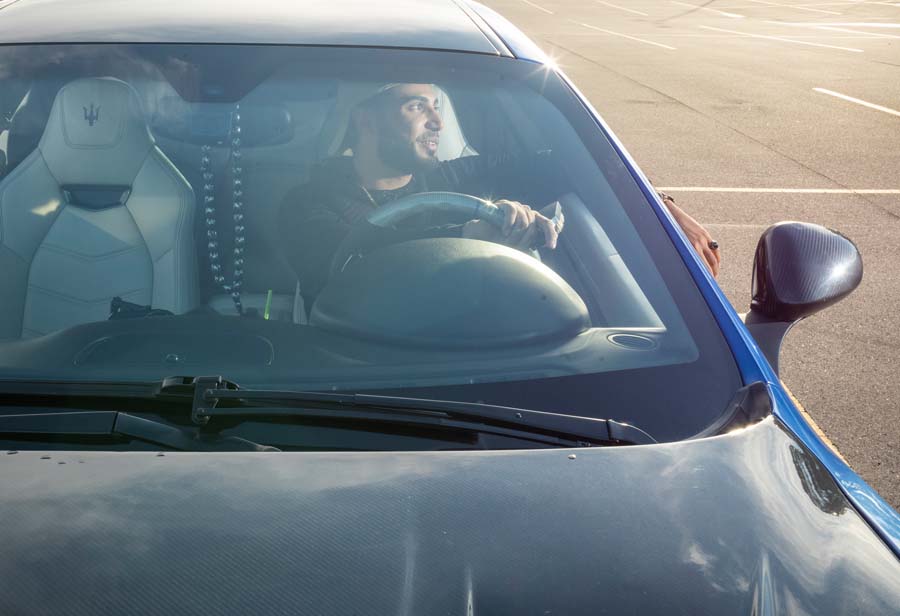
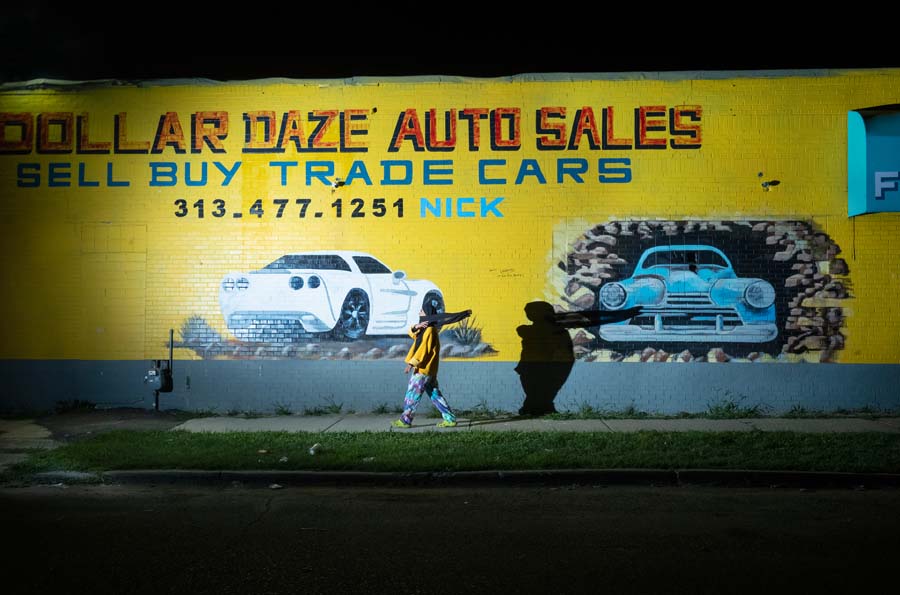
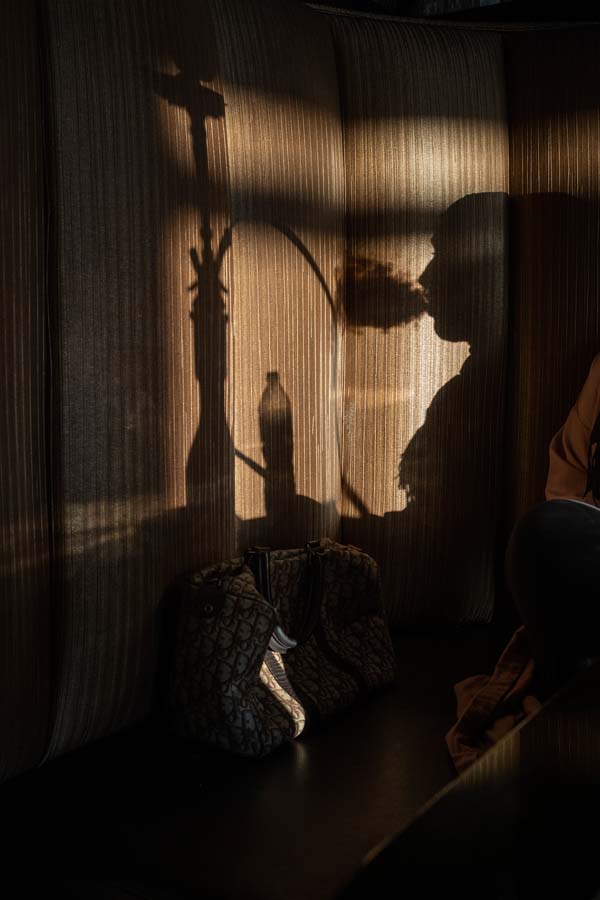
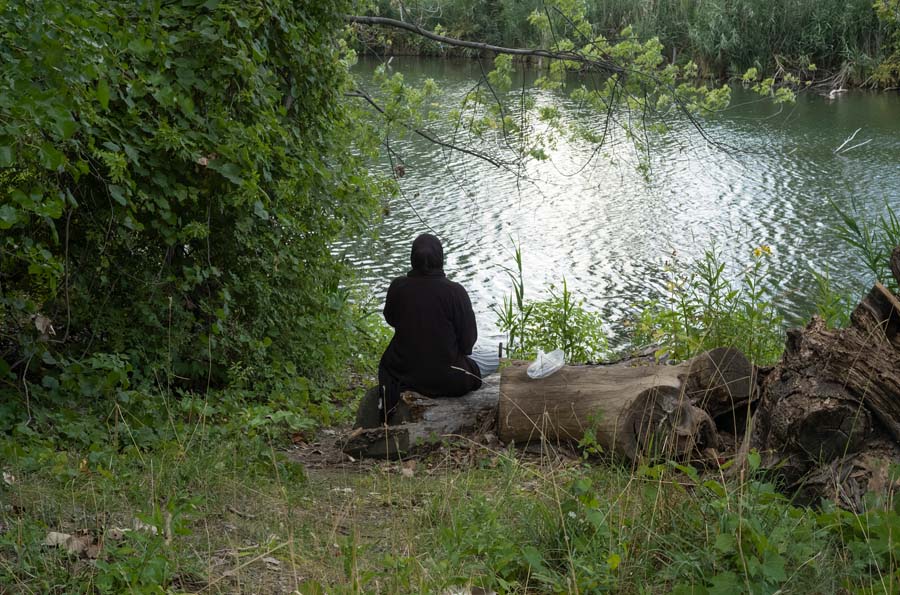
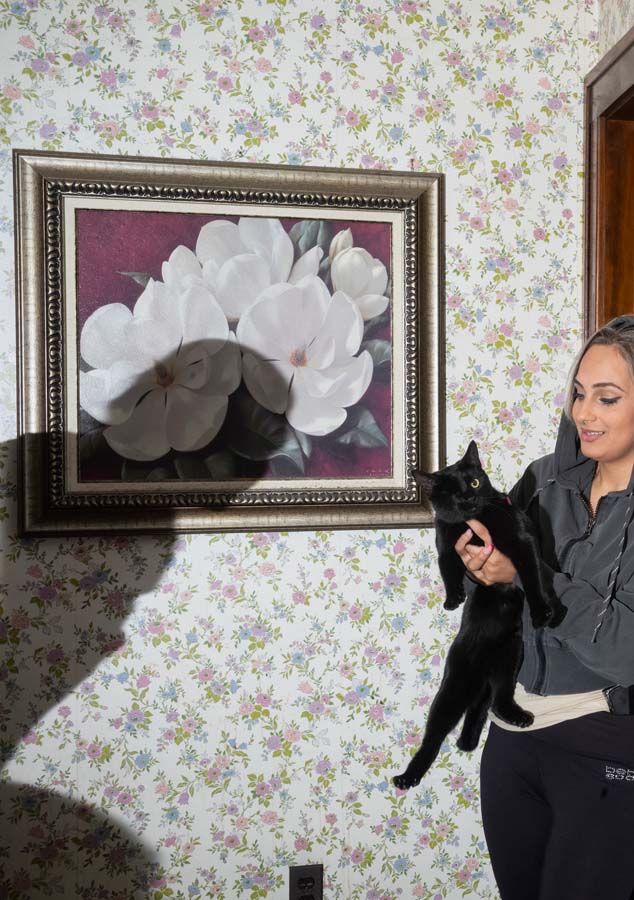
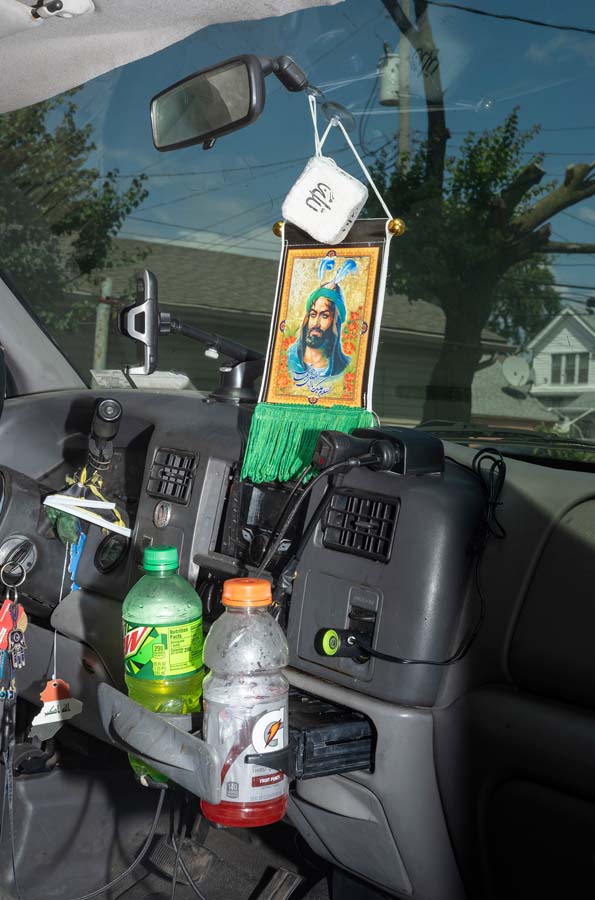
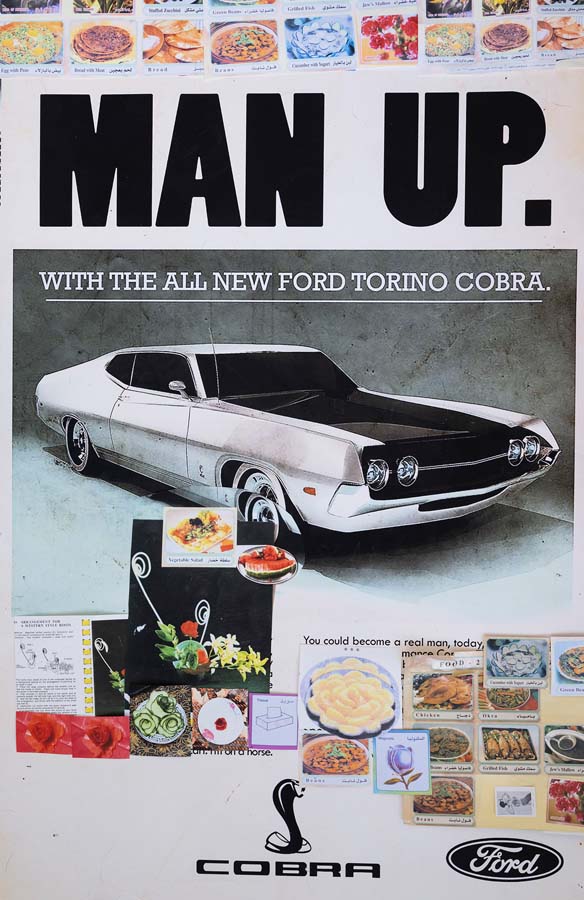
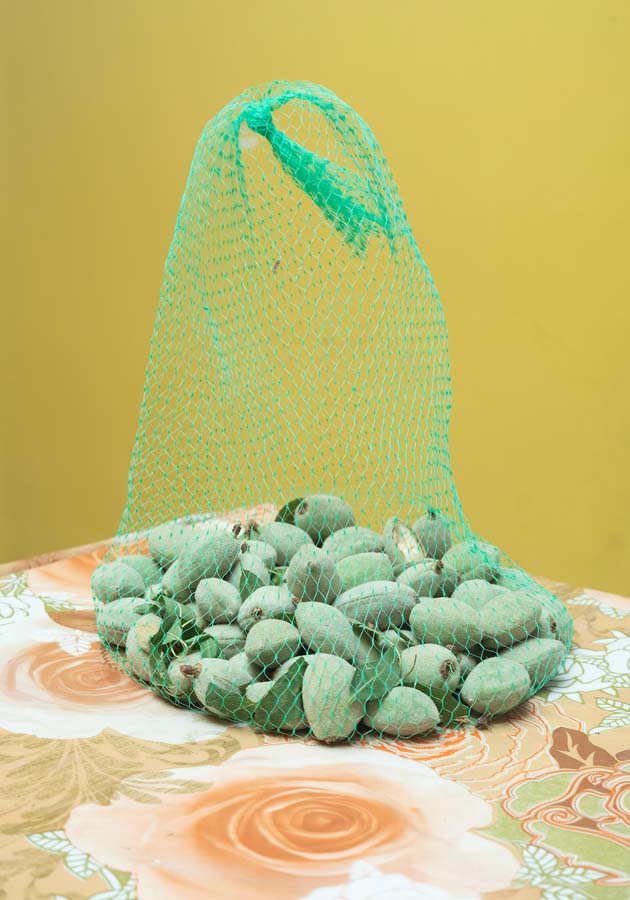
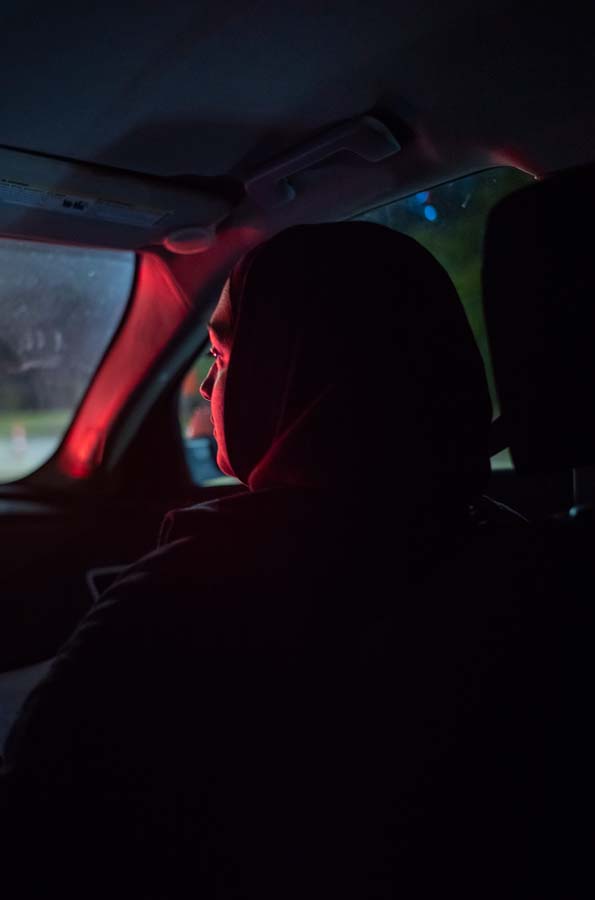
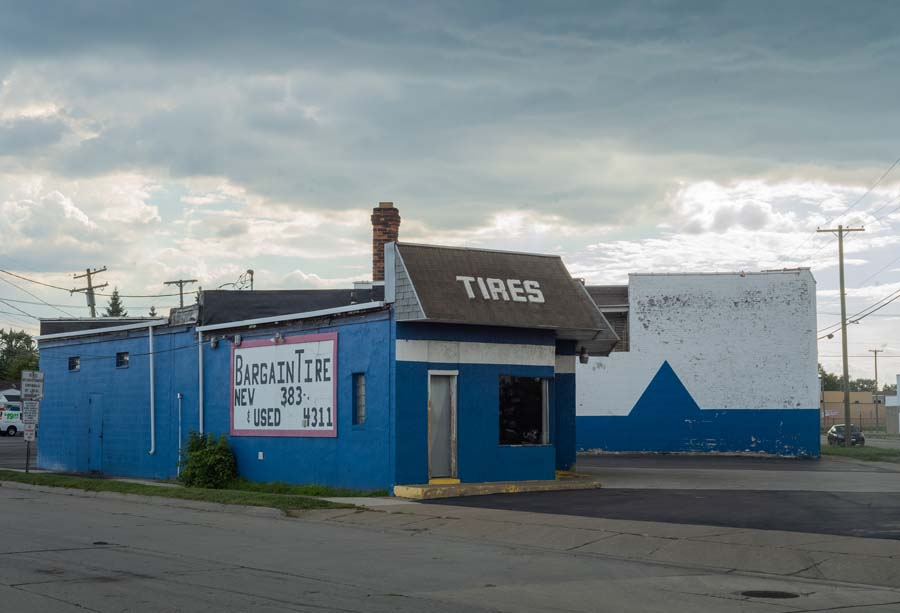
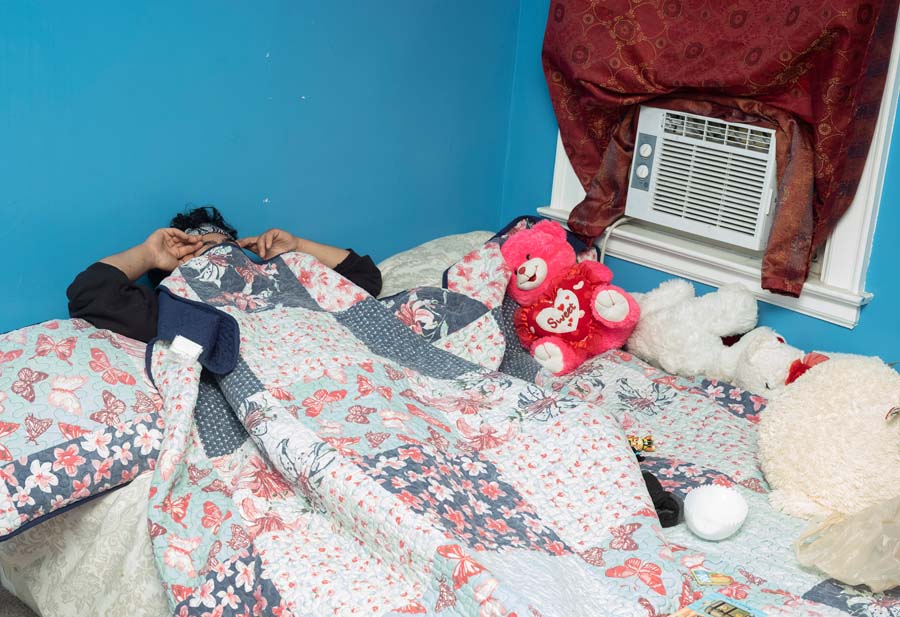
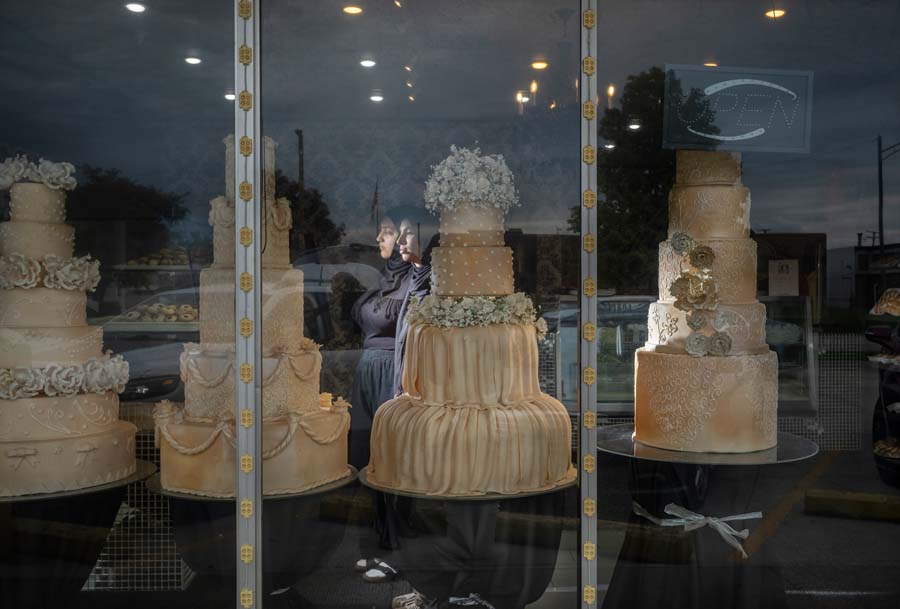
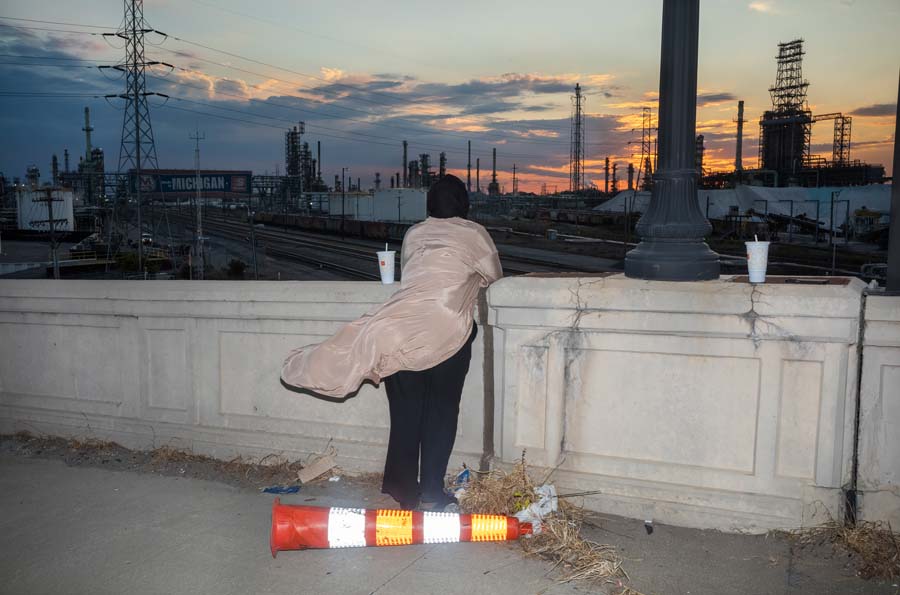
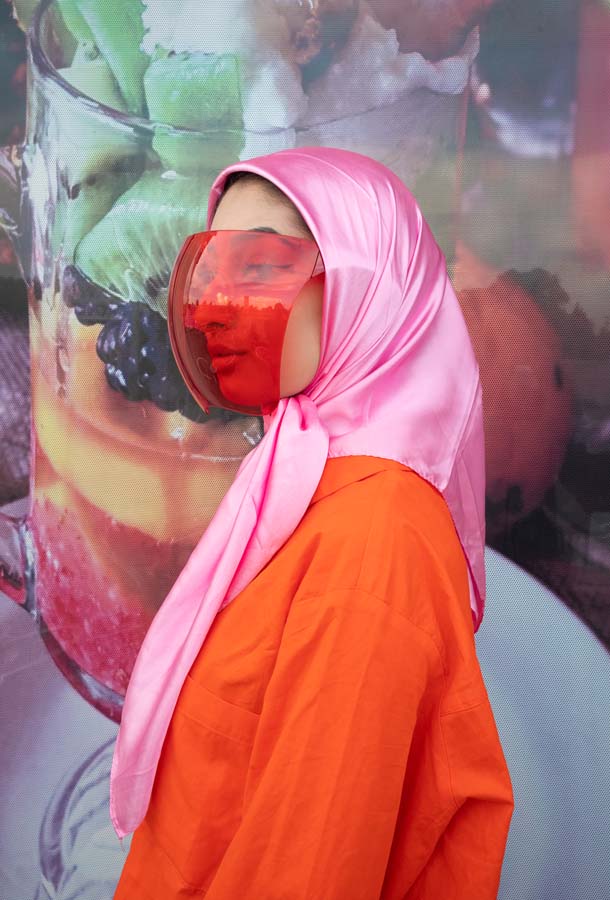
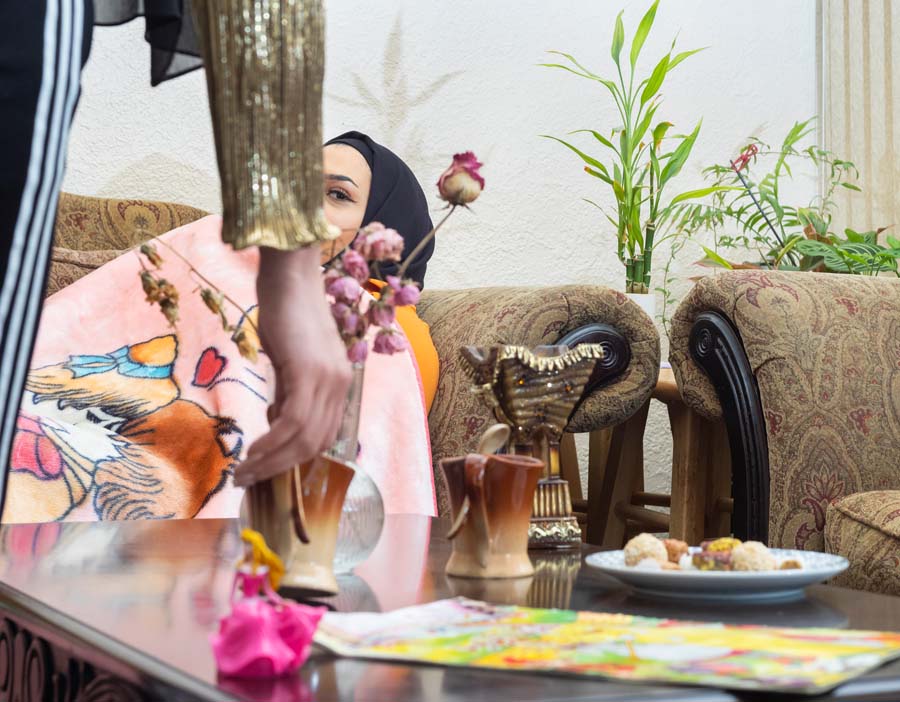
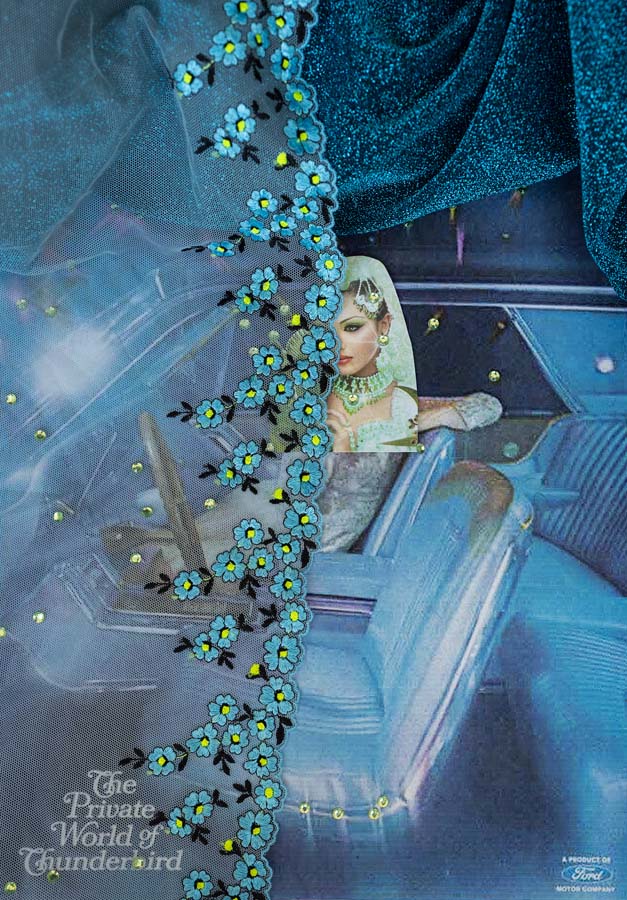
In Praise of Slowness by Hicham Gardaf (Tangier, 1989), winner of the seventh edition of the Grant, is a tribute to slowness: the core theme is represented by the contrast between the prosperous, flourishing and expanding part of the city and the historic centre with its ancient charm, the fresh shadow at the base of the walls that mark its perimeter, the slow and reflective pace of people and street vendors.
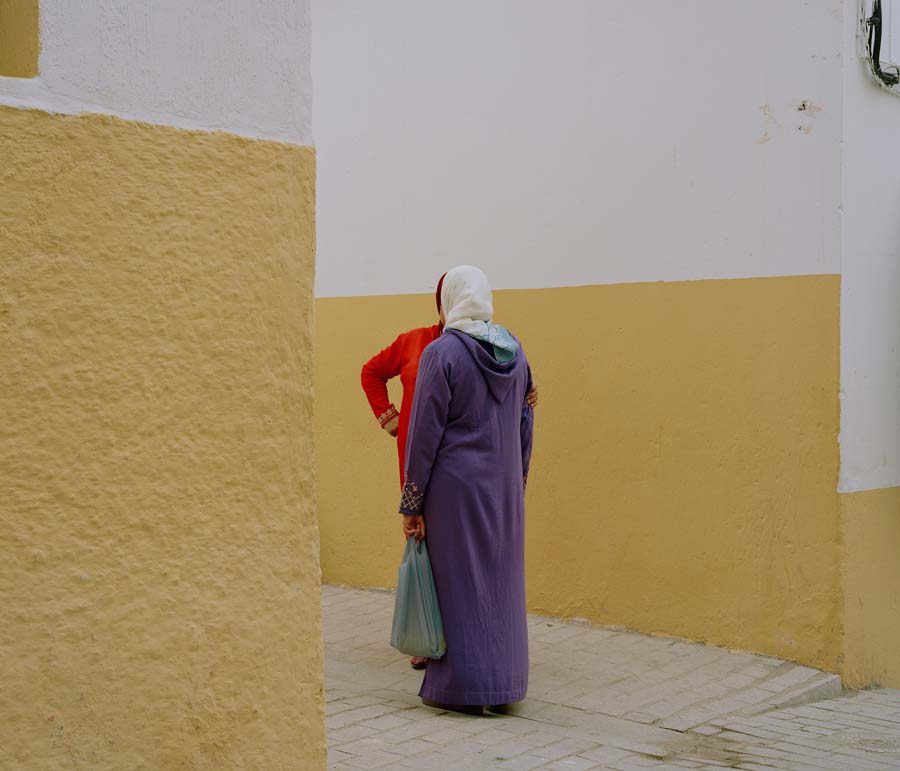
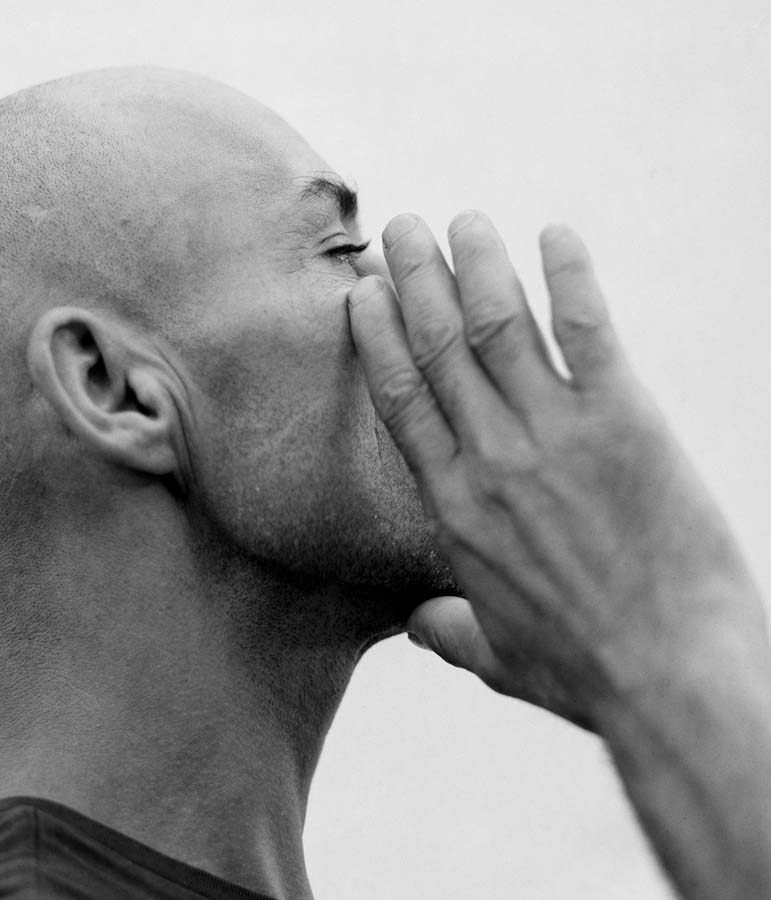
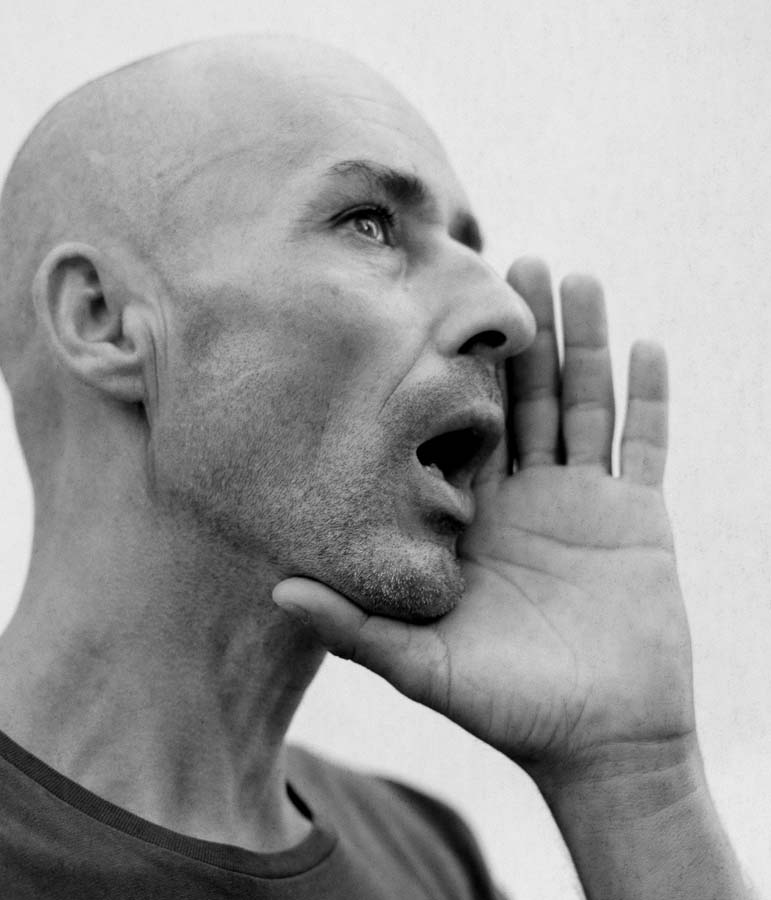
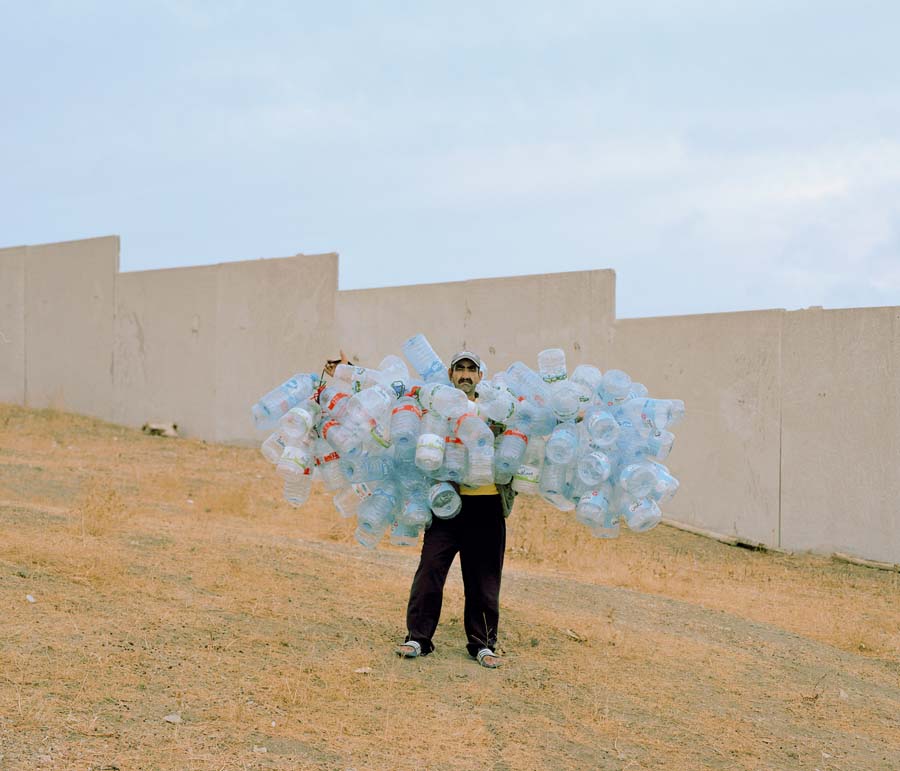
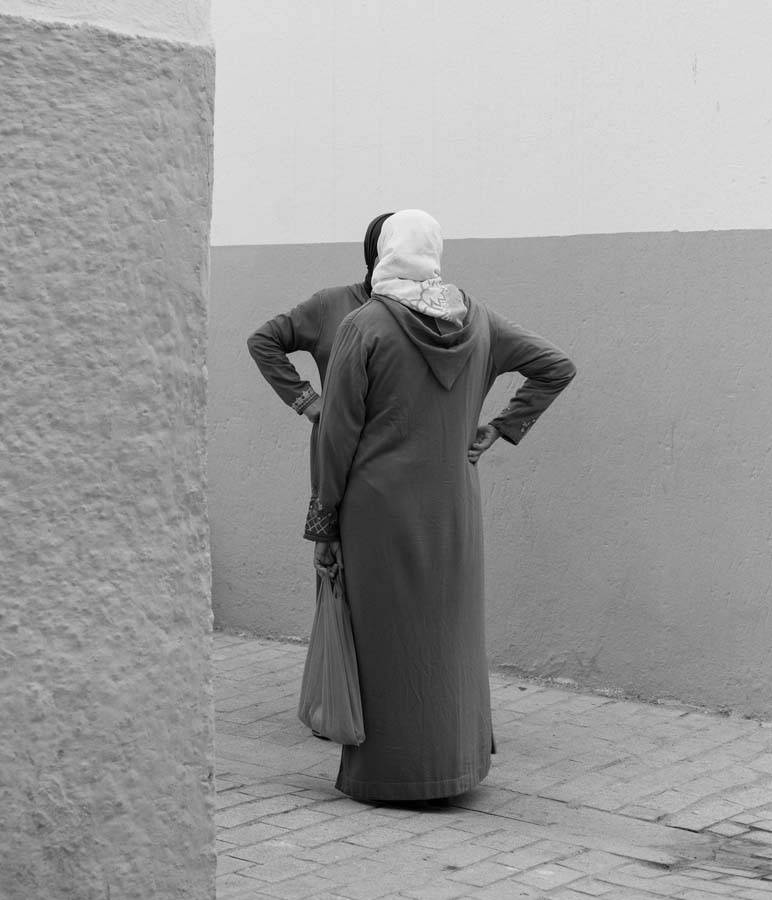
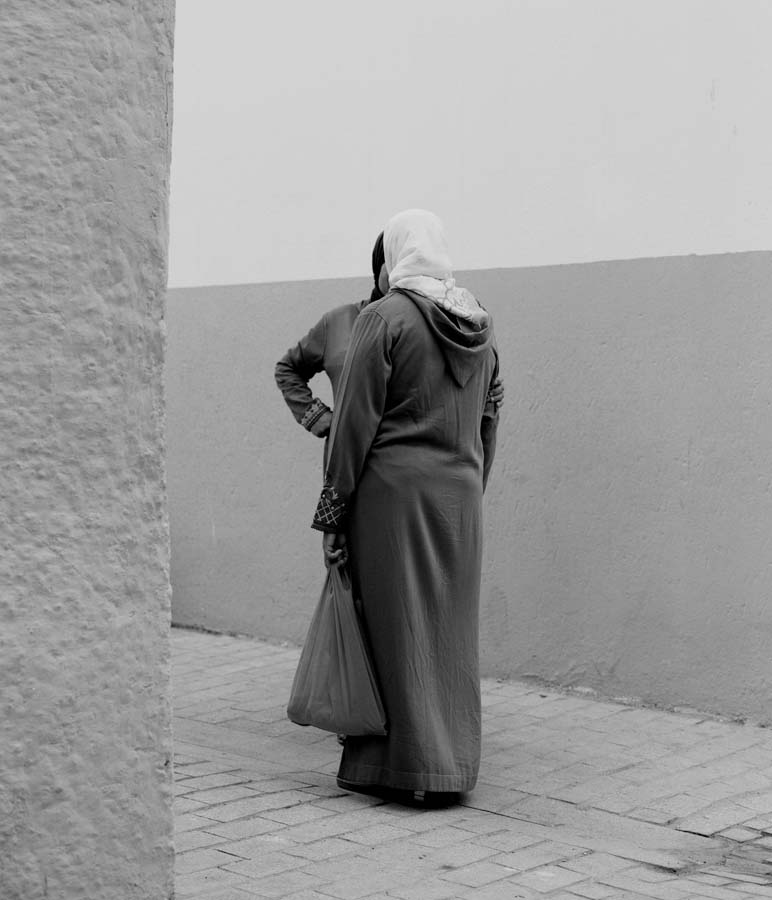
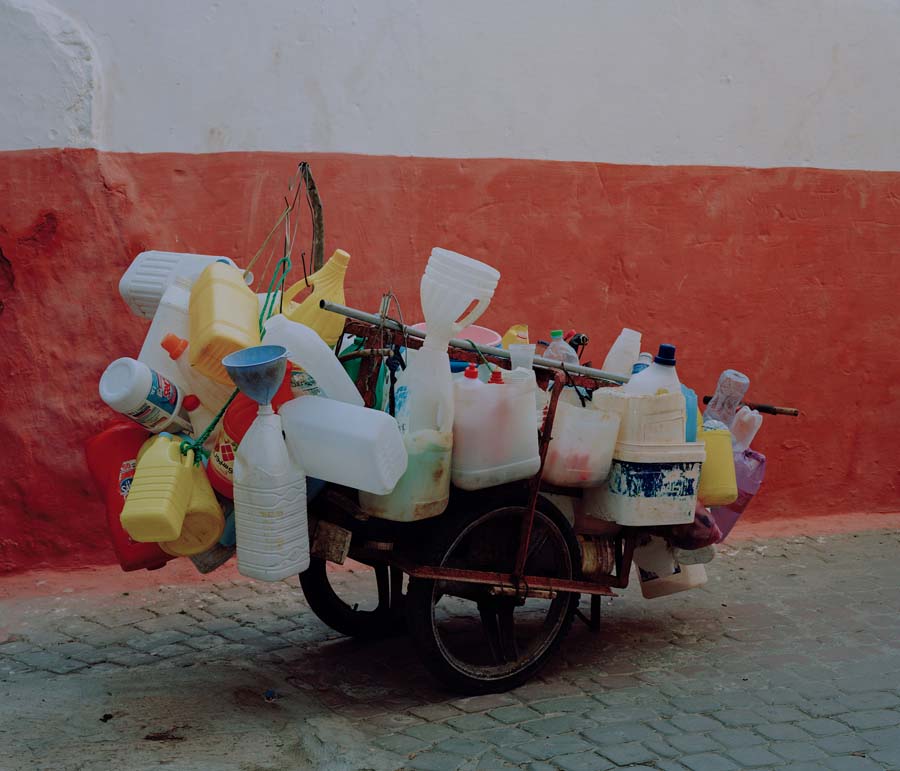
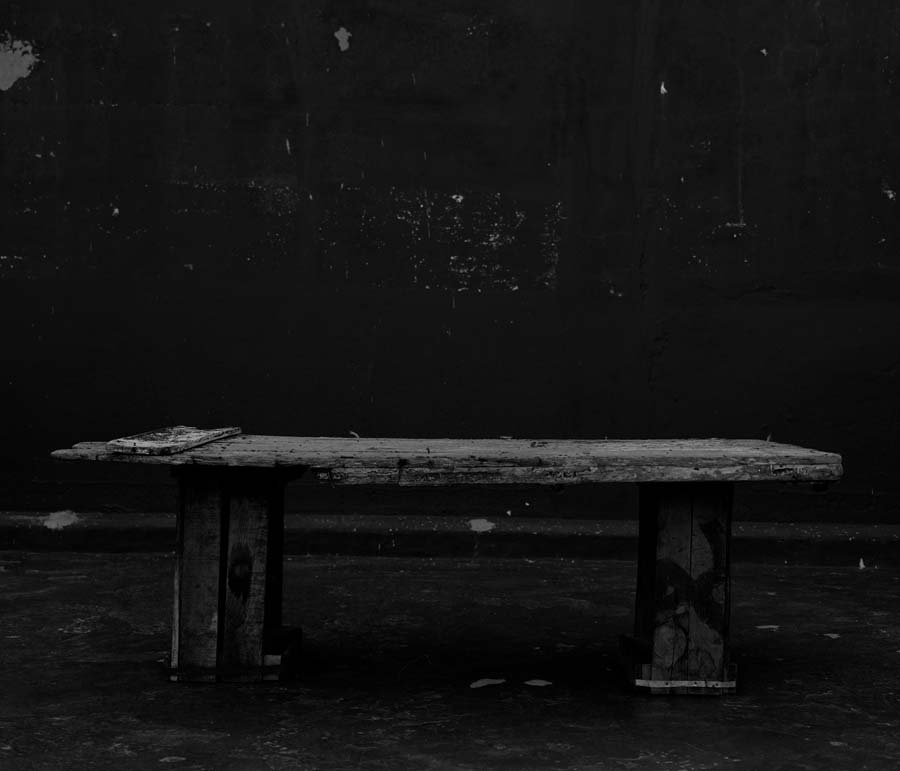
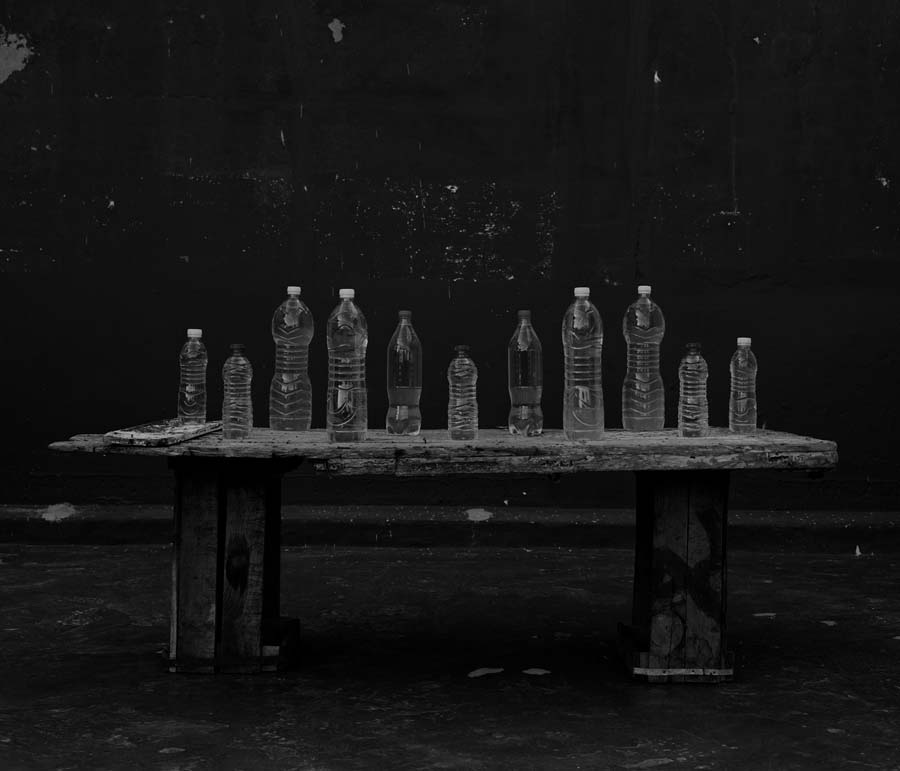
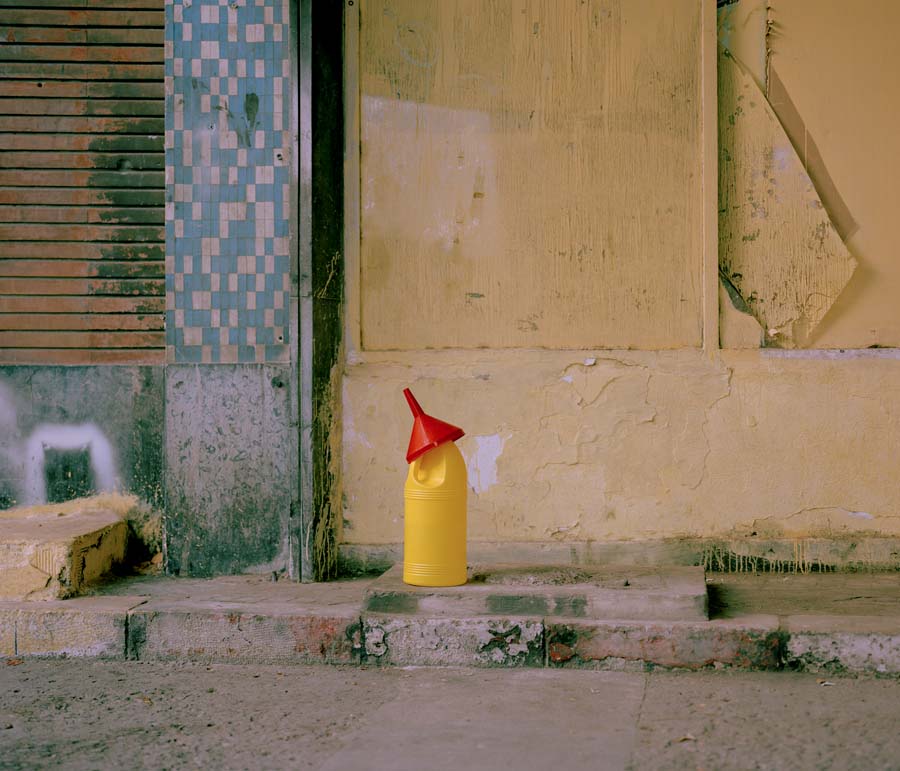
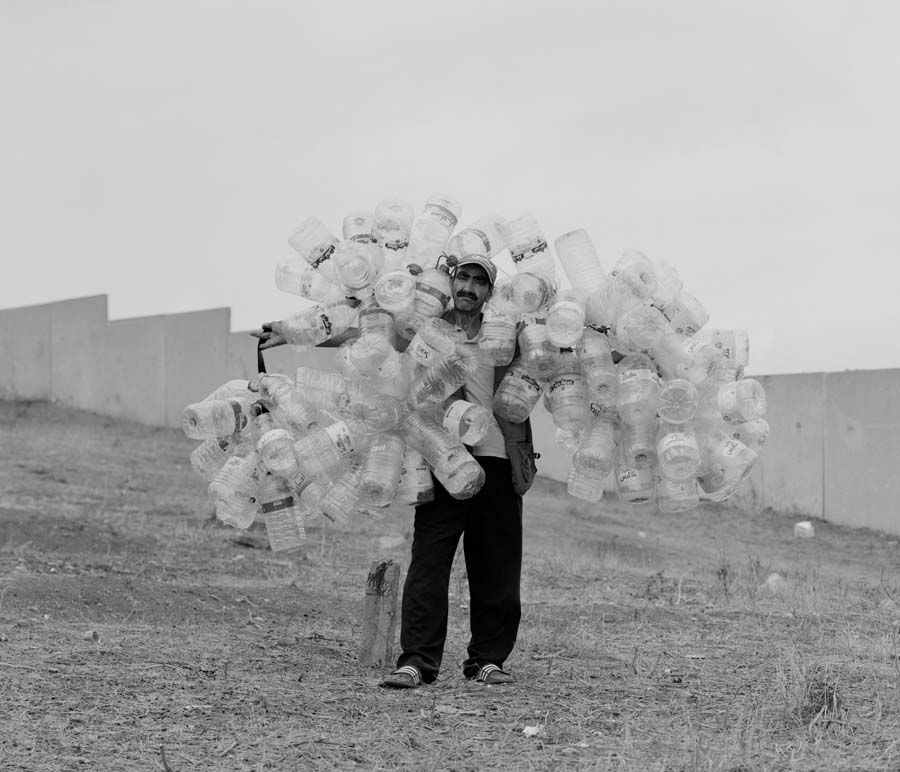 Lebohang Kganye (Johannesburg, 1990), author of a work that is not just photographic,
Lebohang Kganye (Johannesburg, 1990), author of a work that is not just photographic,
proposes in the project Keep the Light Faithfully, narratives of great effect and depth for which
she received the Jury’s Special Mention. In asort of Chinese shadow theatre, Lebohang Kganye
stages moments of South African life that have as their protagonists, photographed characters
whose silhouette is cut out and applied on cardboard, the settings enhanced by skilled theatrical
lighting.
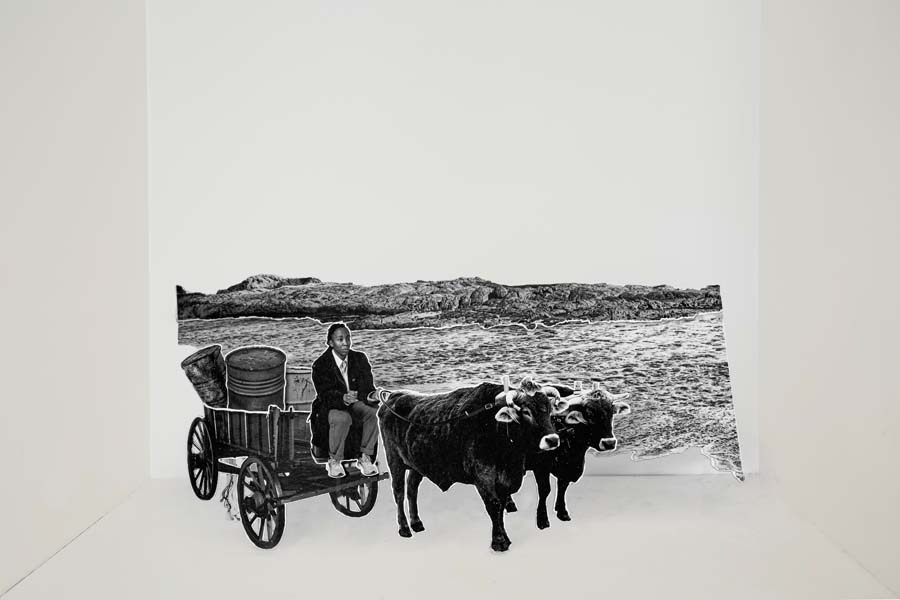
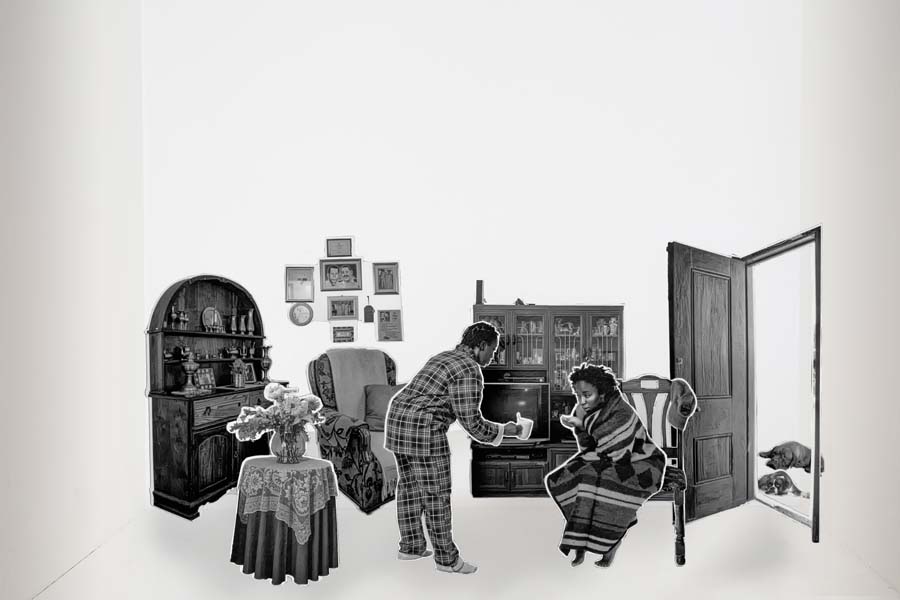
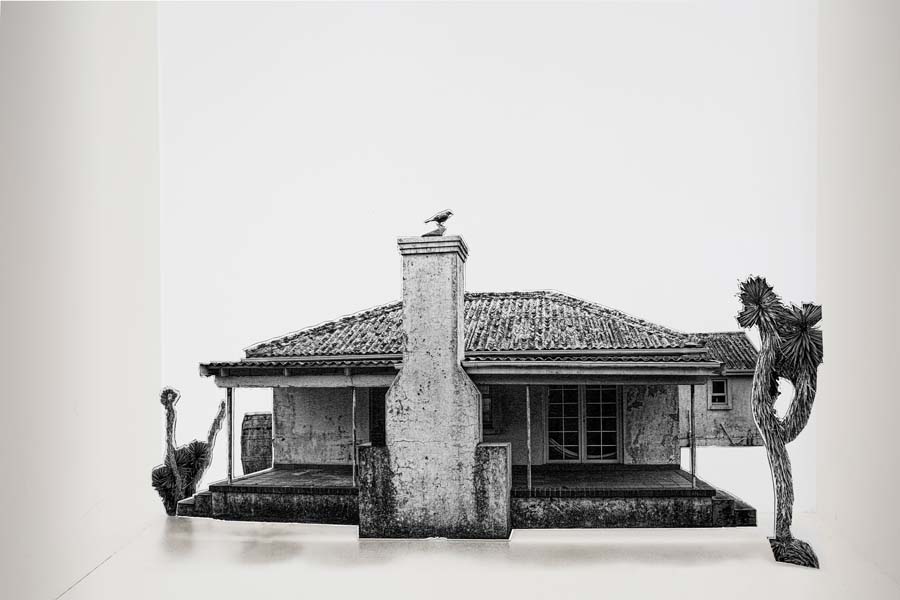
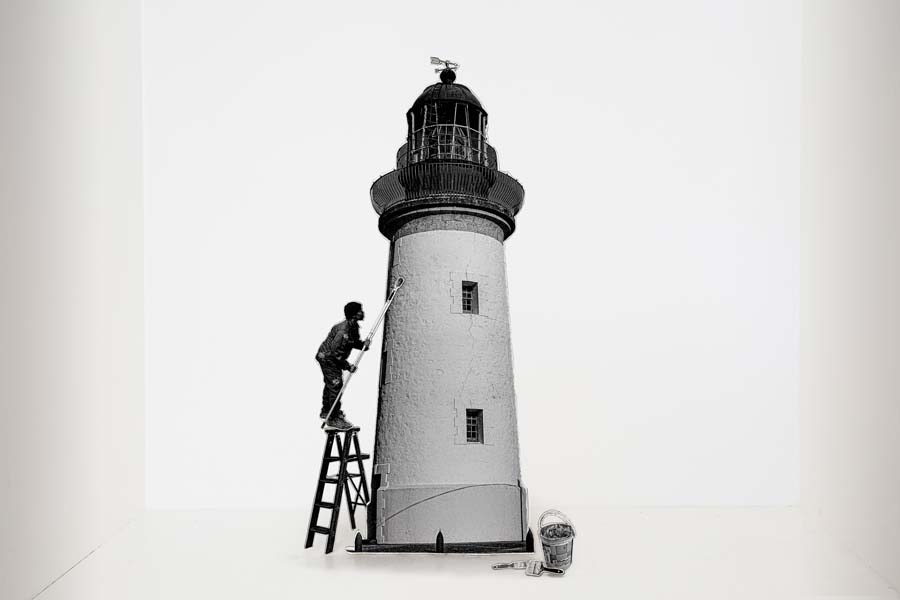
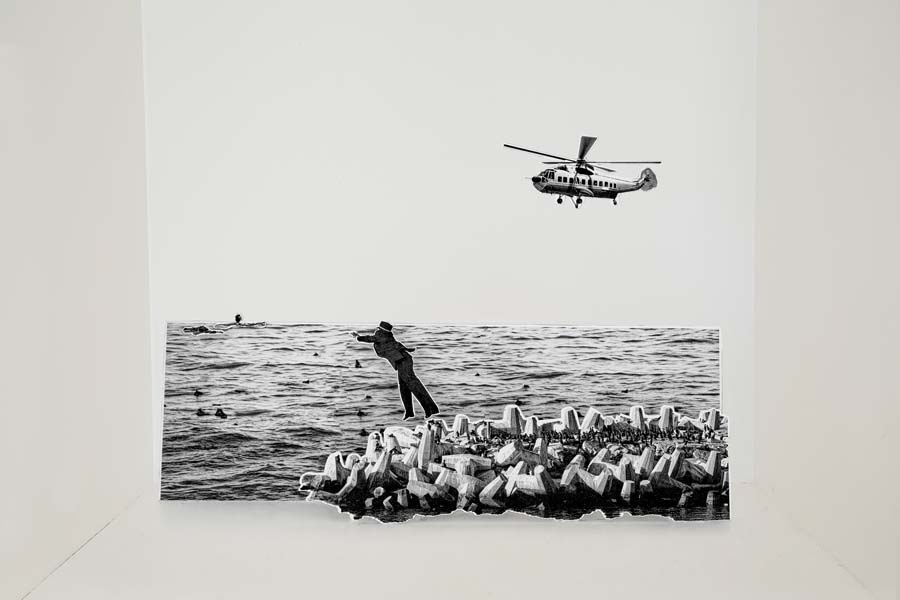
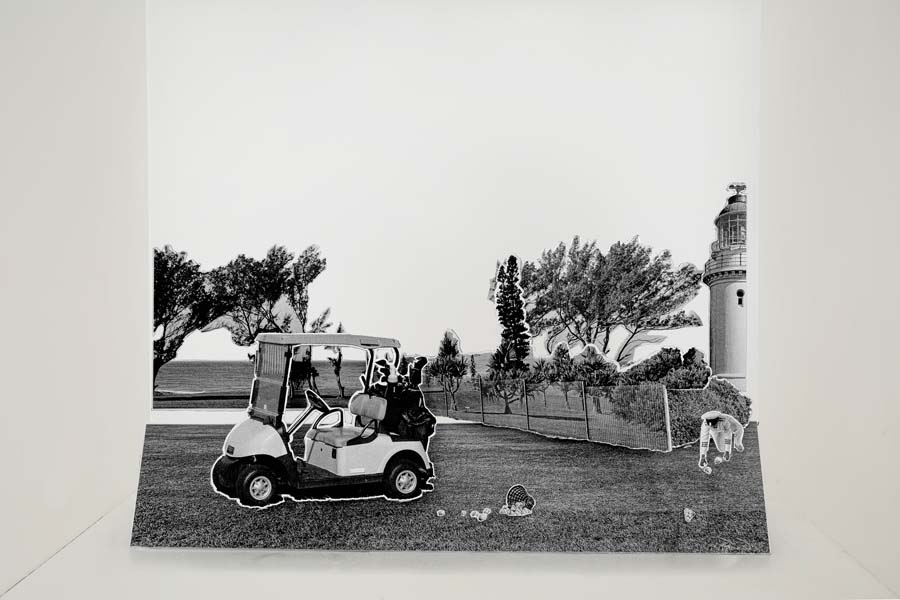
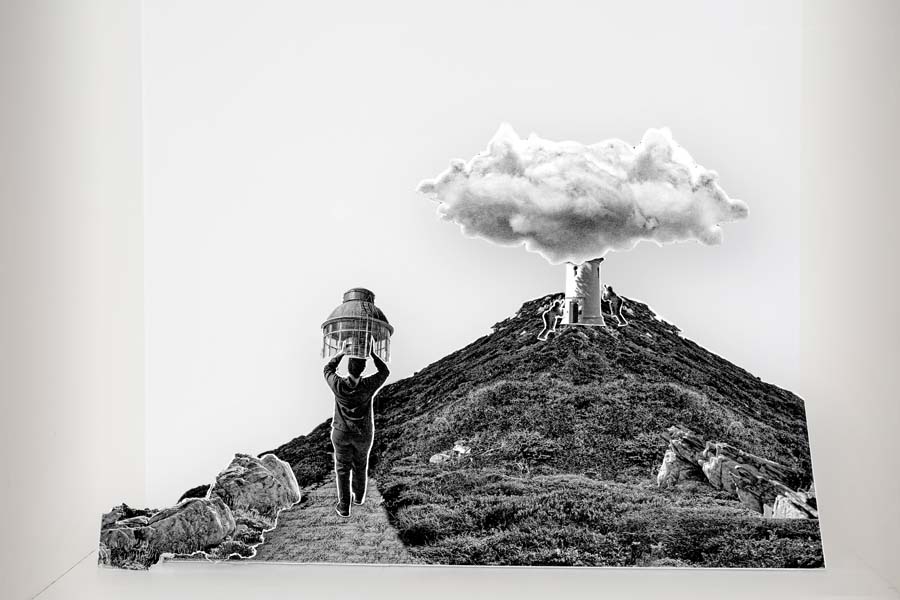
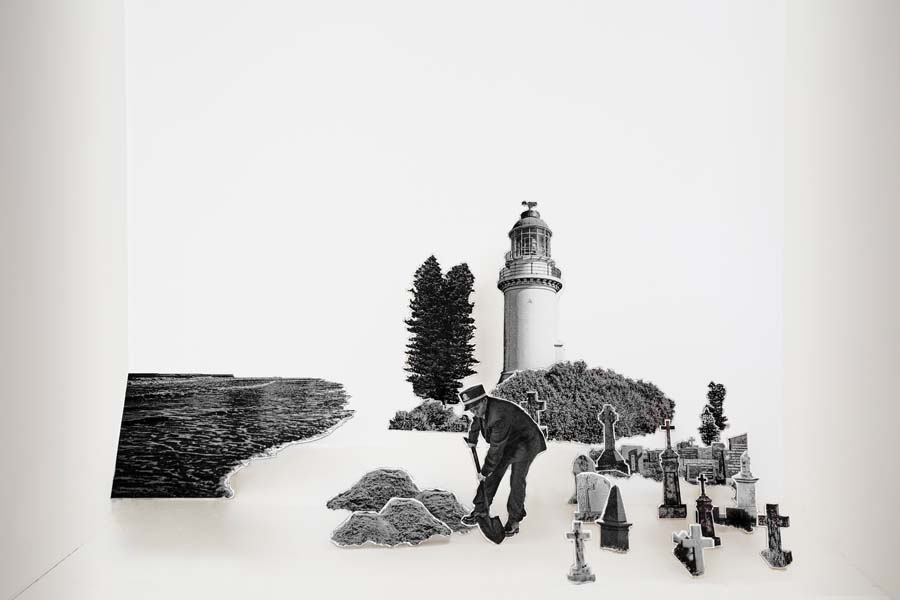
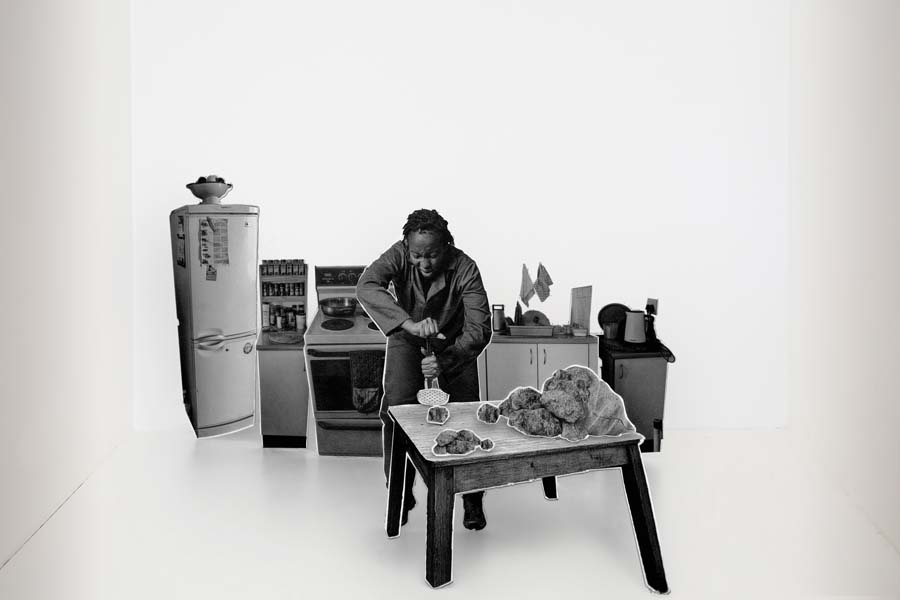
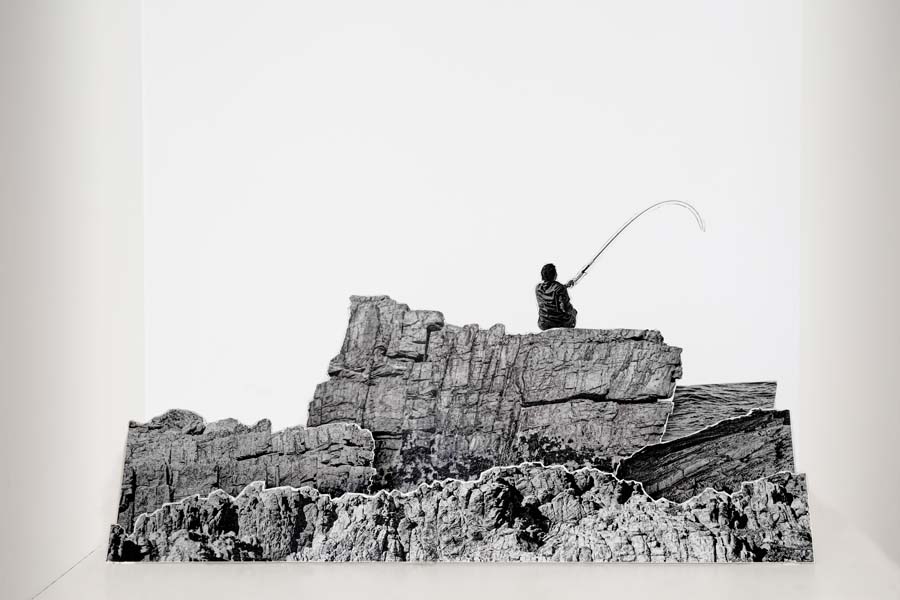
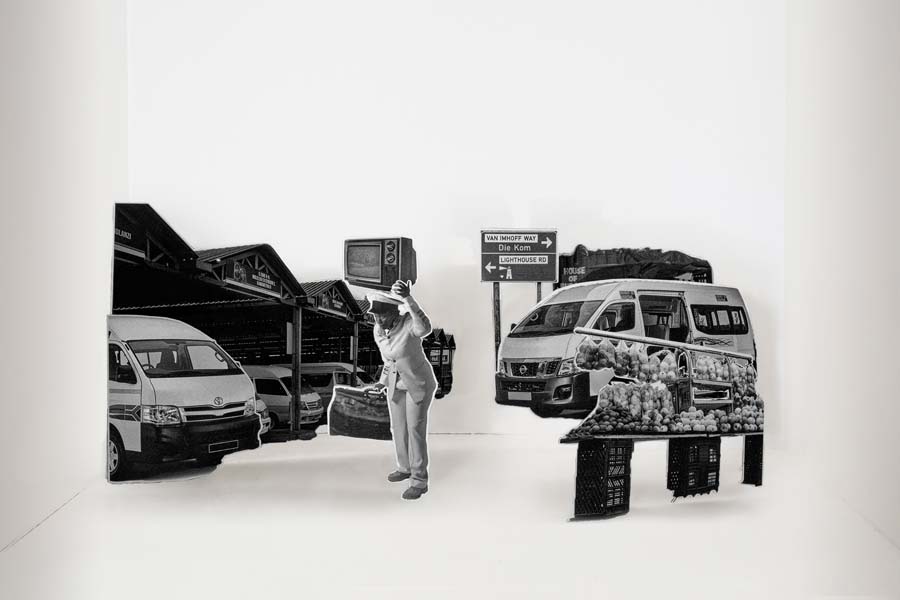
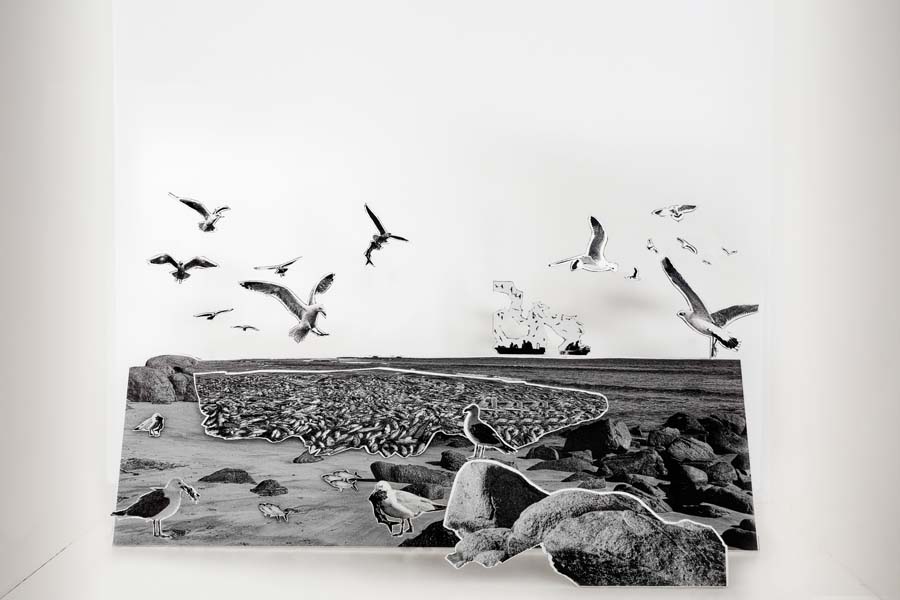 The work of Maria Mavropoulou (Athens, 1989) In their own image, in the image of God they created them, uses artificial intelligence and in particular a text-to-image conversion software: thus, a multiplicity of images so suggestive as to ask us whether artificial intelligence will always be constrained to reality by photography, or if one day it will be able to create a more meaningful work of art independently.
The work of Maria Mavropoulou (Athens, 1989) In their own image, in the image of God they created them, uses artificial intelligence and in particular a text-to-image conversion software: thus, a multiplicity of images so suggestive as to ask us whether artificial intelligence will always be constrained to reality by photography, or if one day it will be able to create a more meaningful work of art independently.
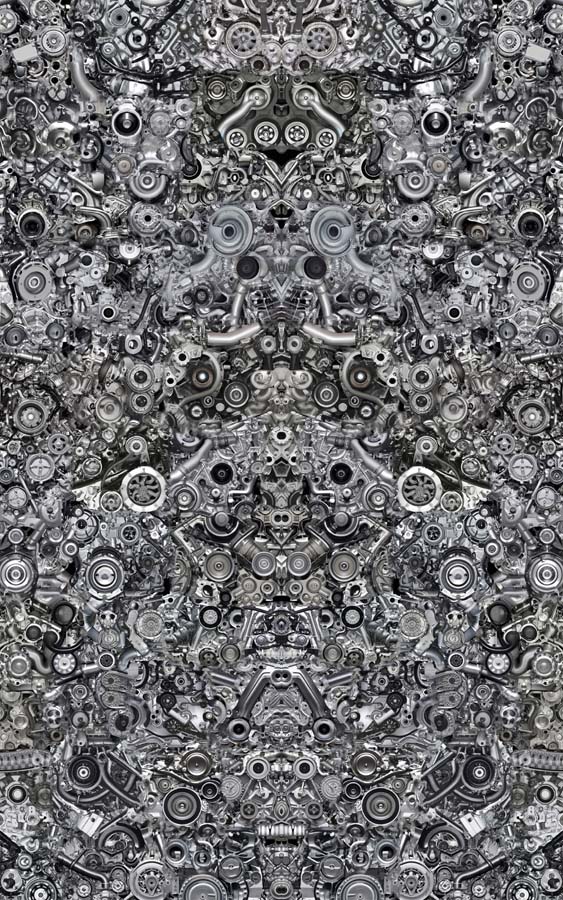
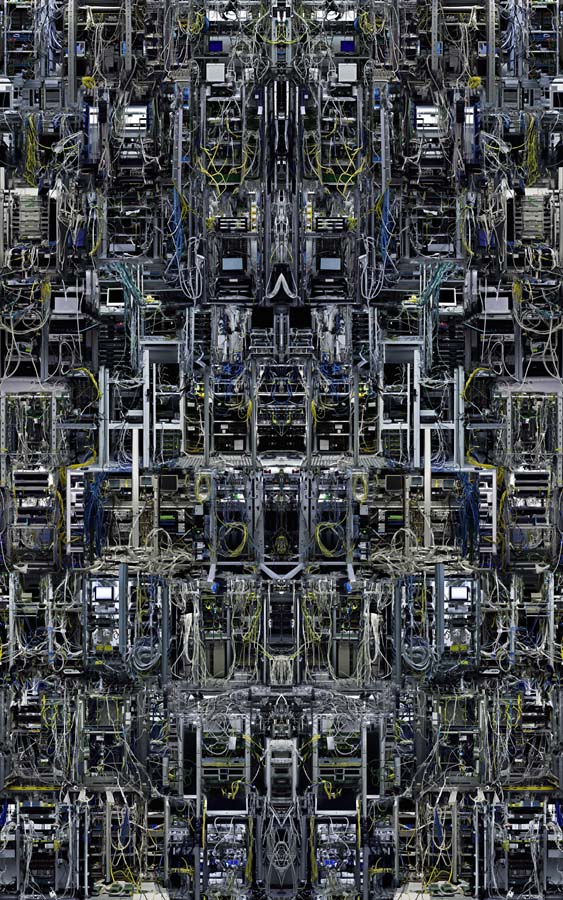
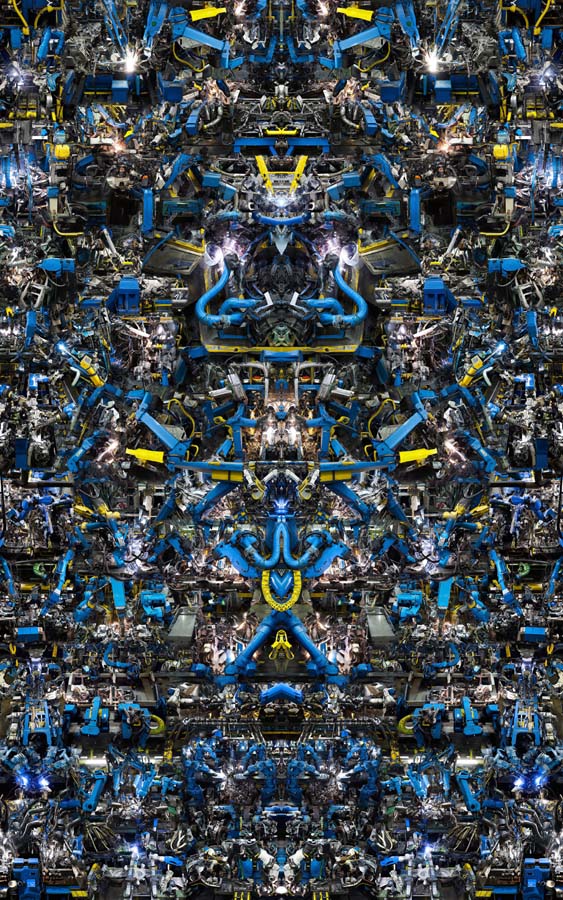
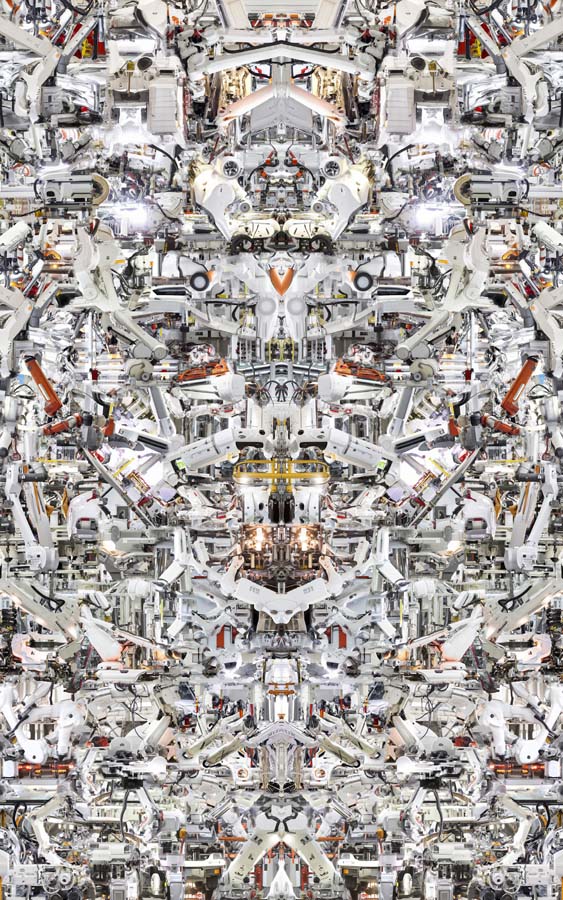
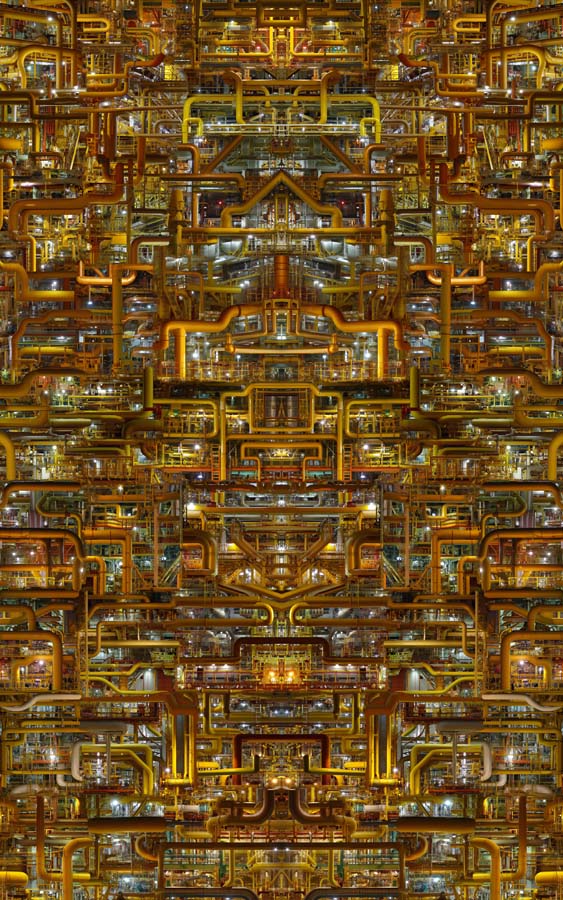
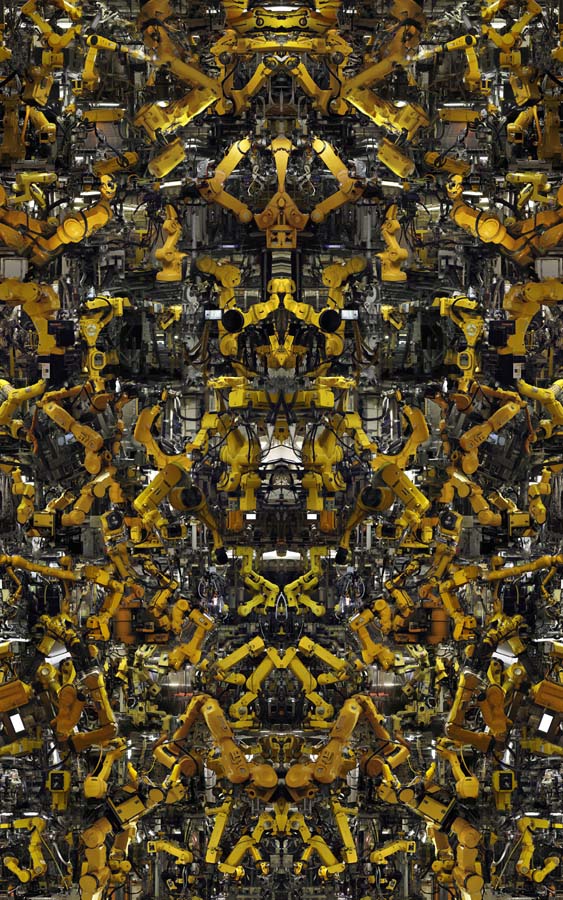
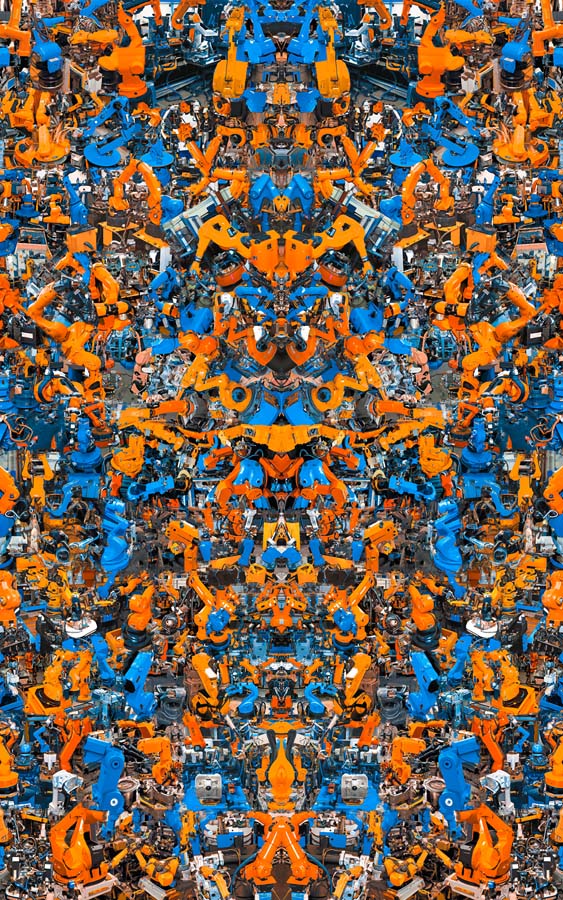
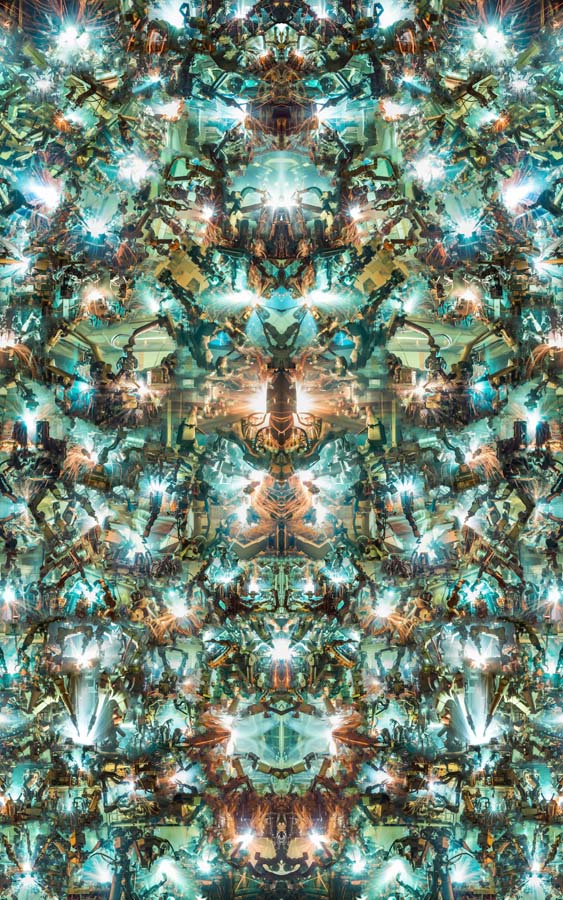
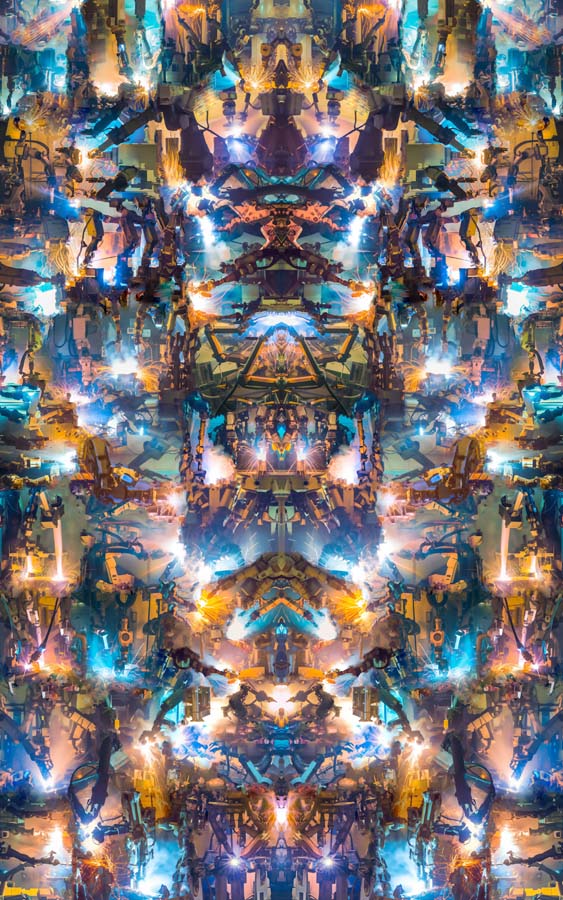 Salvatore Vitale (Palermo, 1986) creates Death by GPS, a project that is radical in several respects: it evokes the atmospheres of a laboratory, a television studio and a place that has been the scene of disorders at the same time. The quick sequence montage juxtaposes documentary photographs of real events and staged sabotage videos, inviting the viewer to reflect on the incongruities of automation.
Salvatore Vitale (Palermo, 1986) creates Death by GPS, a project that is radical in several respects: it evokes the atmospheres of a laboratory, a television studio and a place that has been the scene of disorders at the same time. The quick sequence montage juxtaposes documentary photographs of real events and staged sabotage videos, inviting the viewer to reflect on the incongruities of automation.

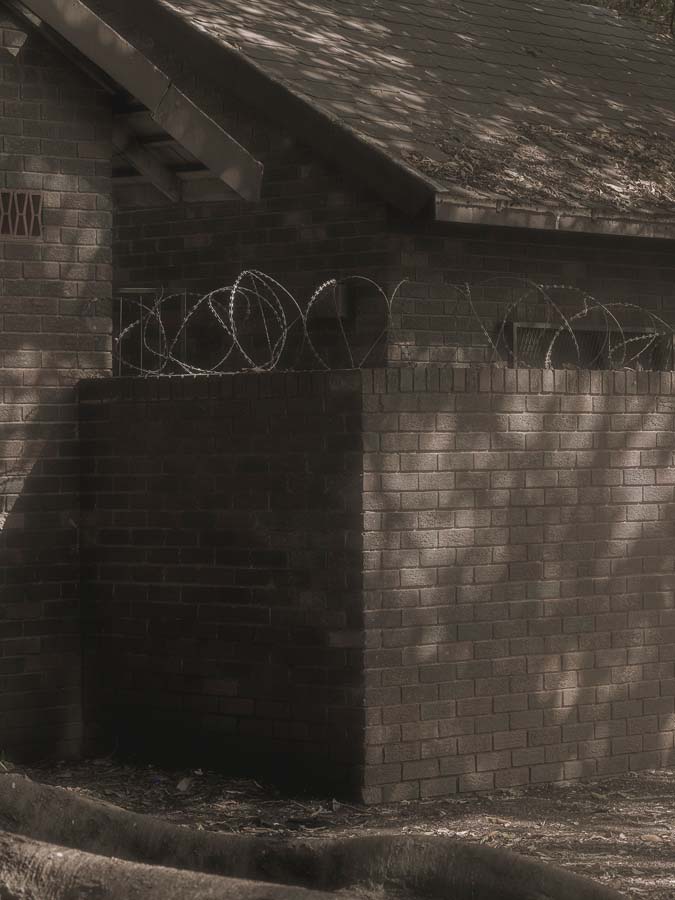
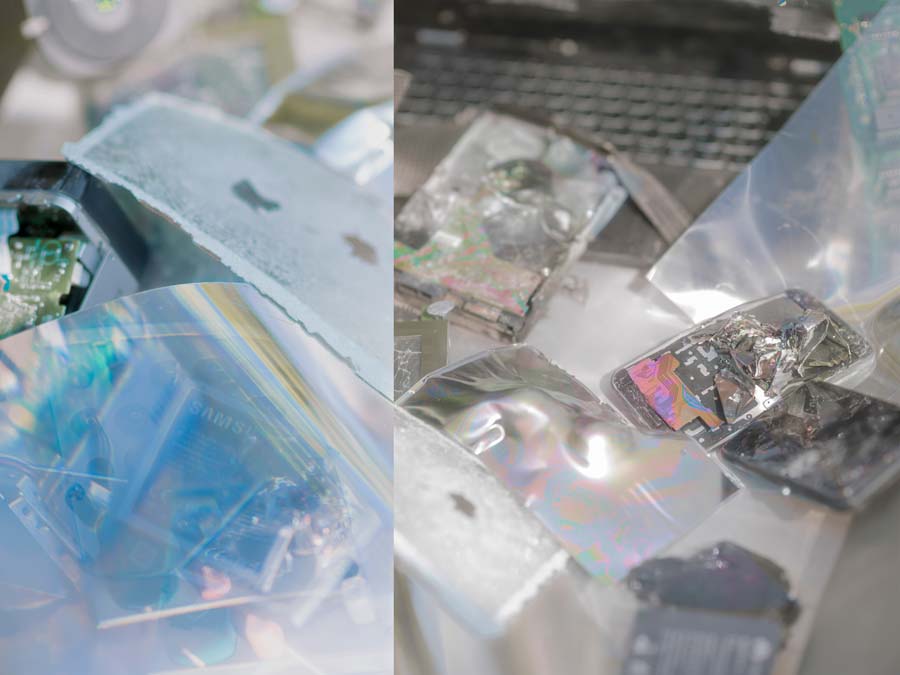


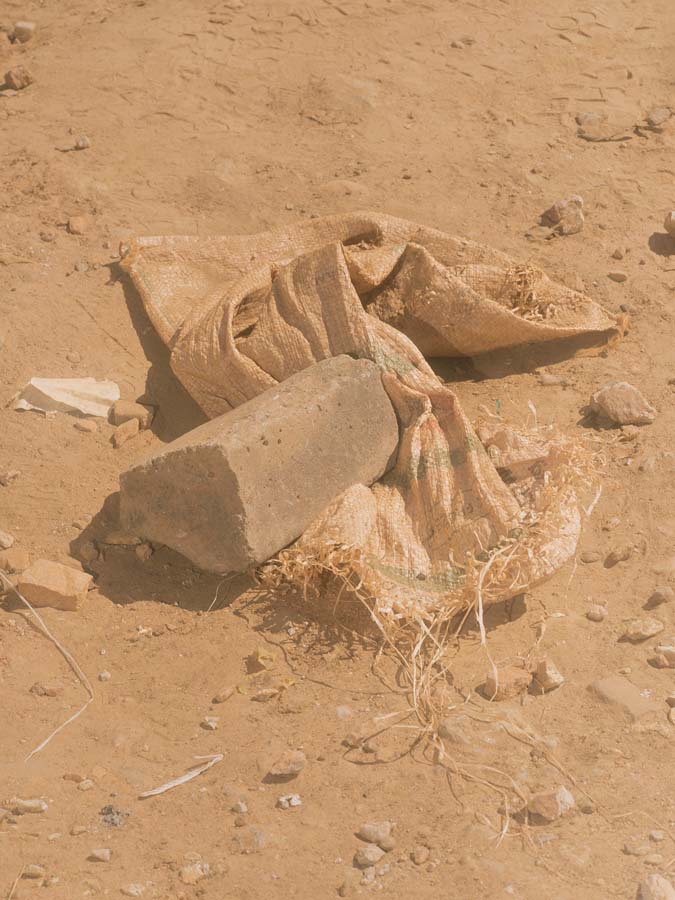


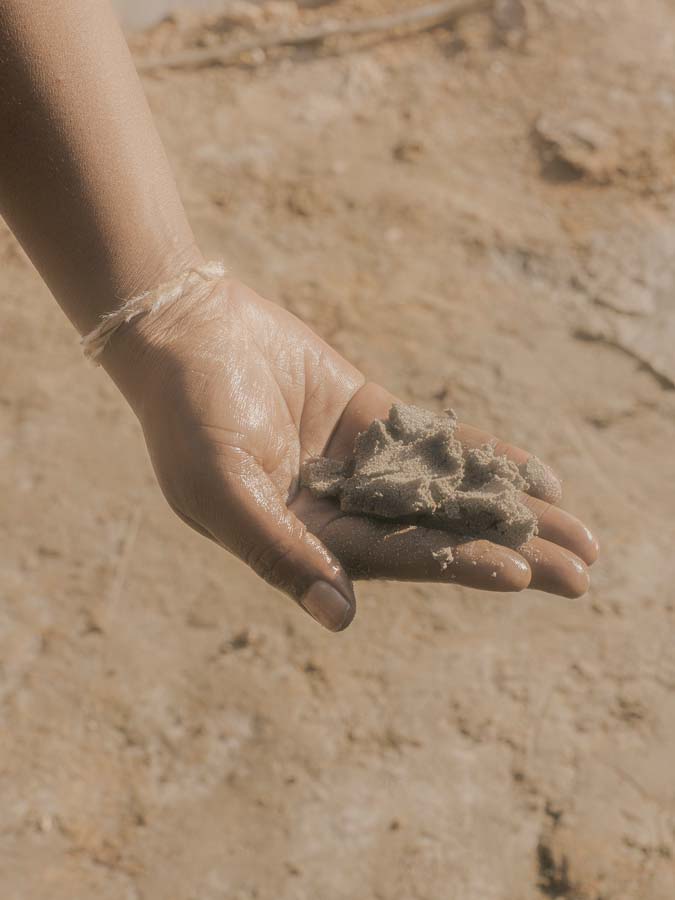 I am a human
I am a human
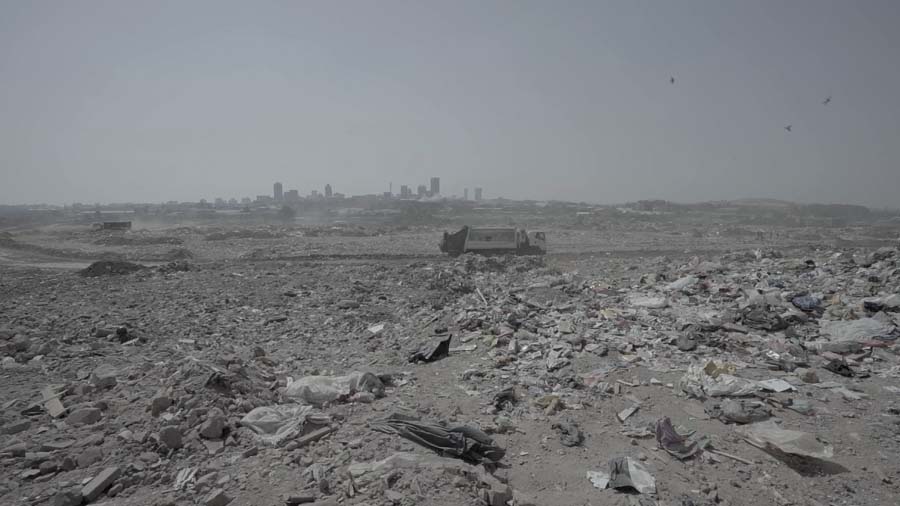
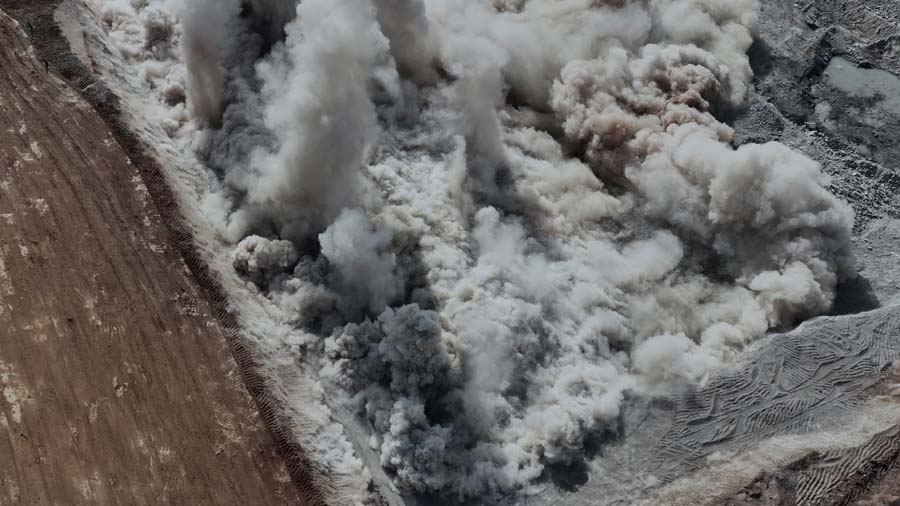
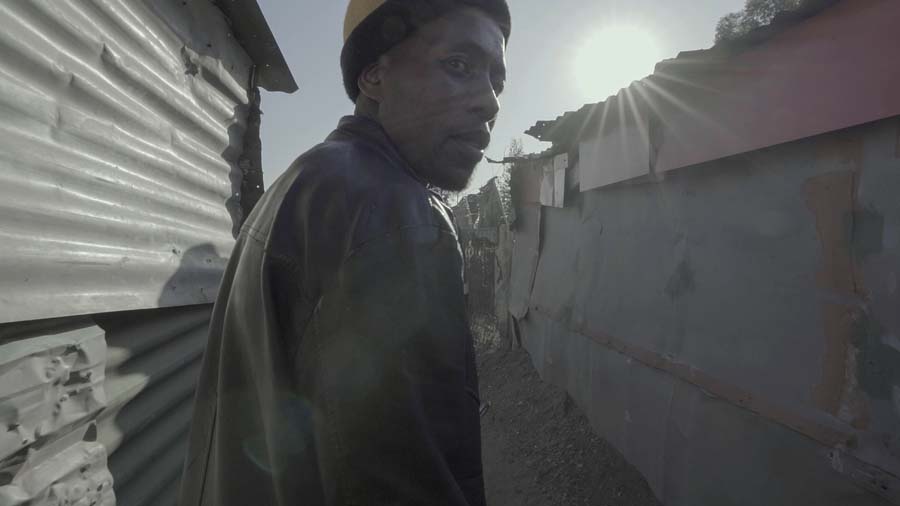
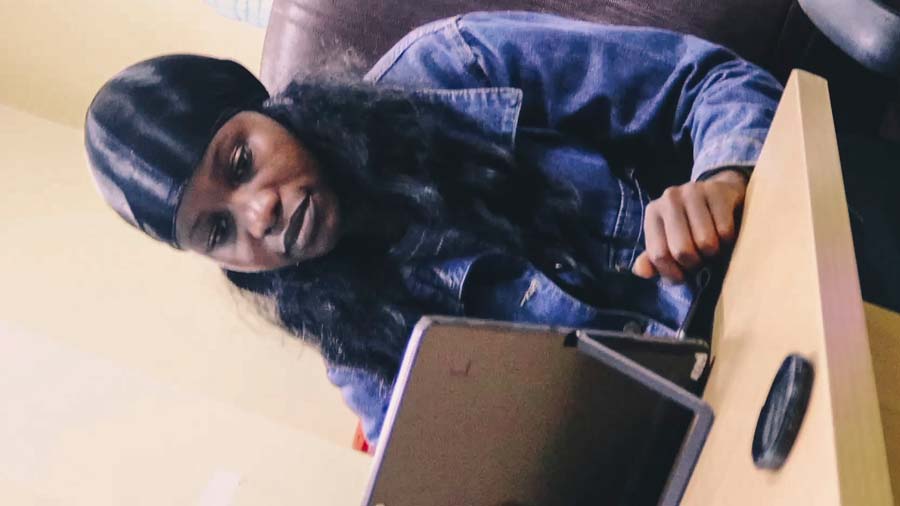

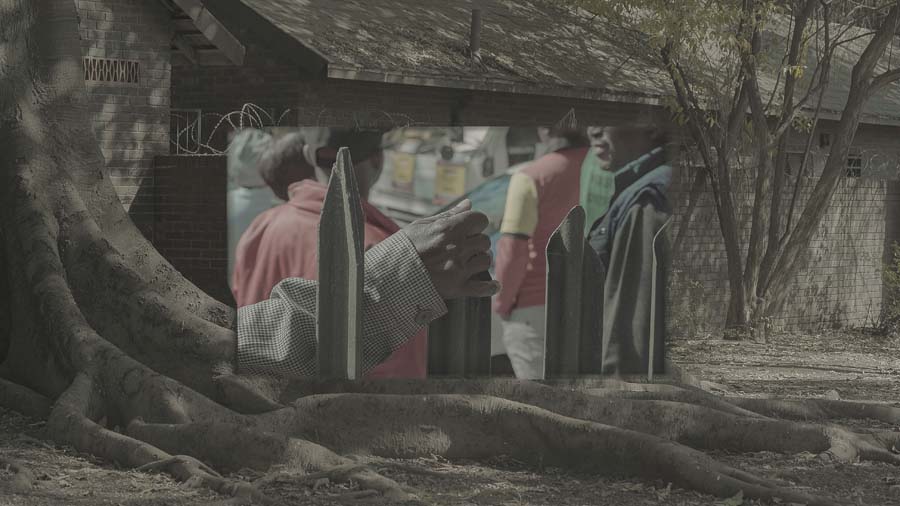
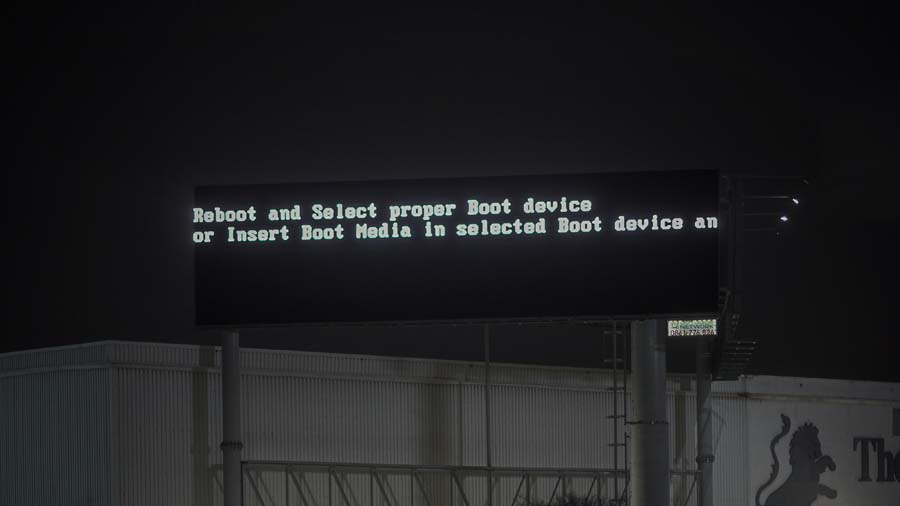
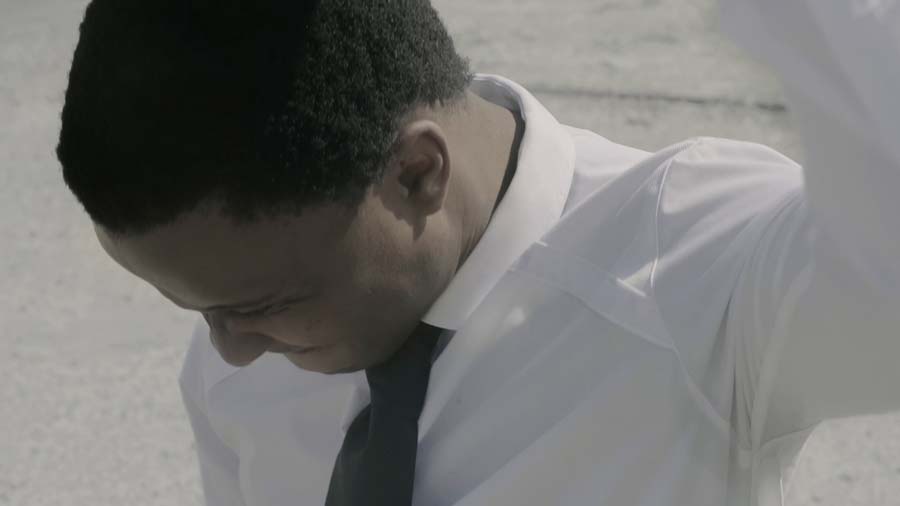
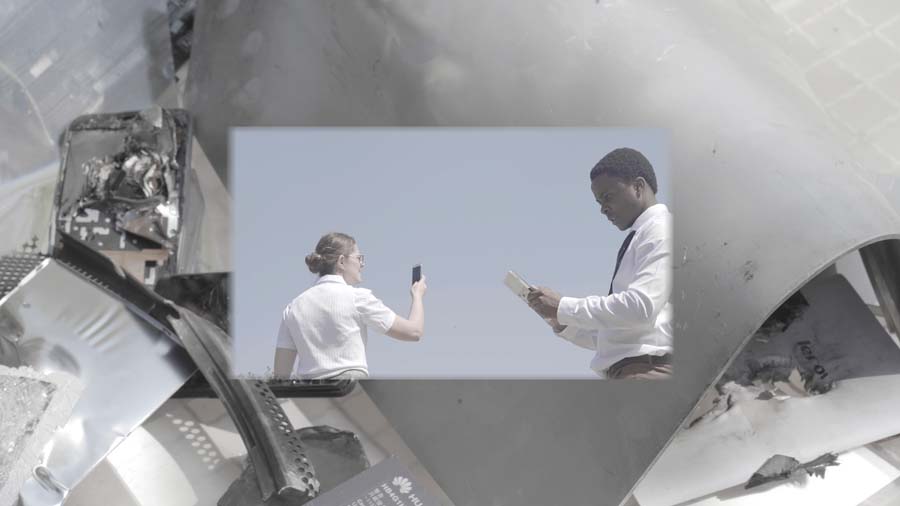 Listen to yall its a sabotage
Listen to yall its a sabotage








 The catalogue published by Fondazione MAST in Italian and English, is edited by Urs Stahel
The catalogue published by Fondazione MAST in Italian and English, is edited by Urs Stahel
and contains texts by Negar Azimi, Federica Chiocchetti, Dominik Czechowski, Elvira
Dyangani Ose, and Nikolas Ventourakis, the selectors of the five artists.
Founded in 2007 to support research on the image of industry and work and to give voice
to emerging talents, the MAST Photography Grant on Industry and Work, promoted by
Fondazione MAST, allows young photographers who win the scholarship to develop a
project on the themes in question and to realise an exhibition accompanied by a catalogue.
Over time, the competition has contributed to the creation of a photographic collection of
contemporary artists who are now part of the historical and articulated collection of
industrial photography of Fondazione MAST.


